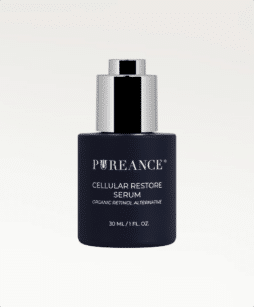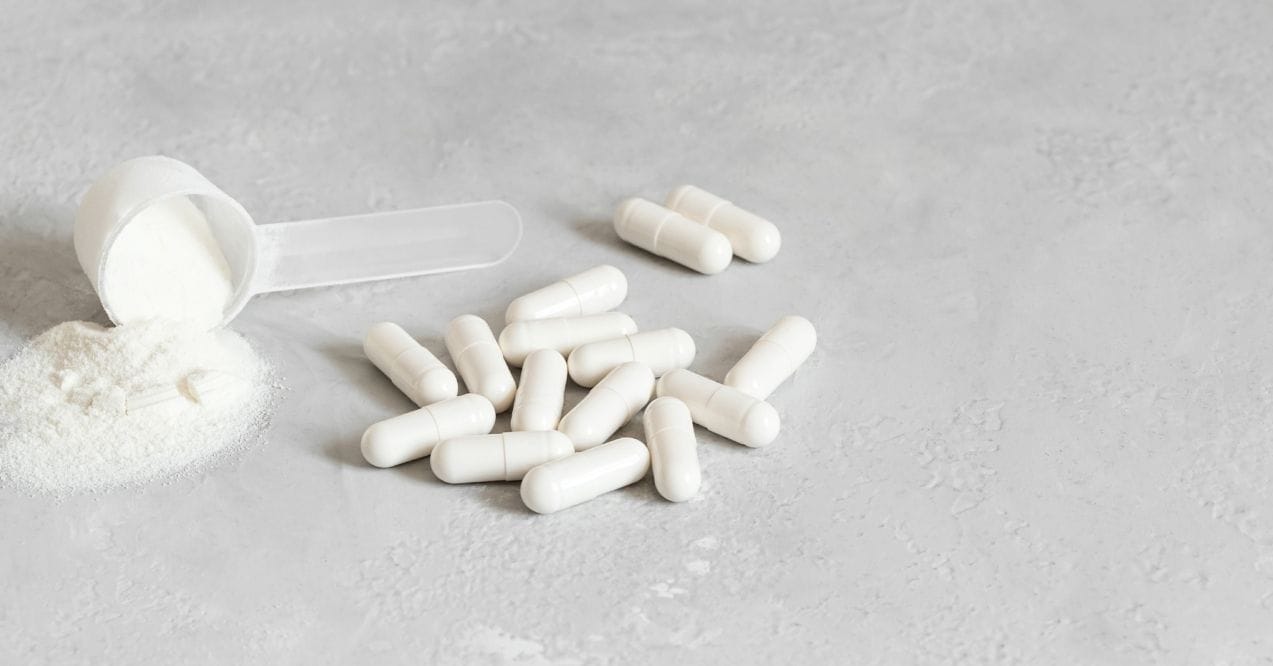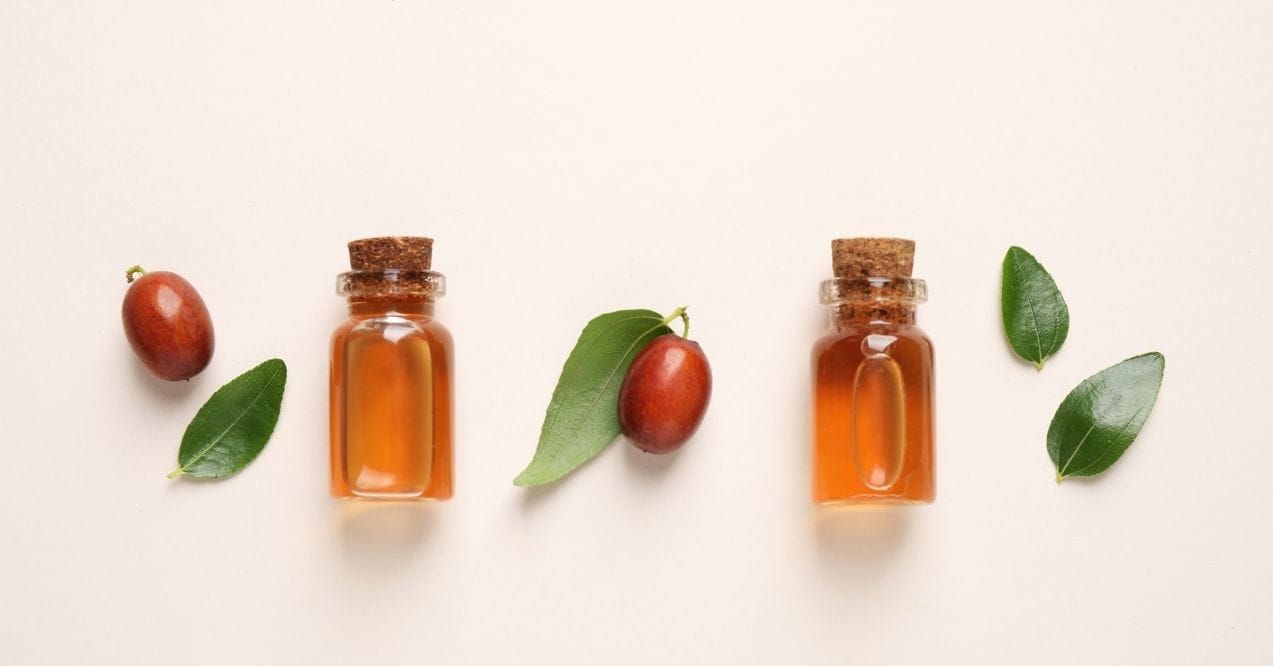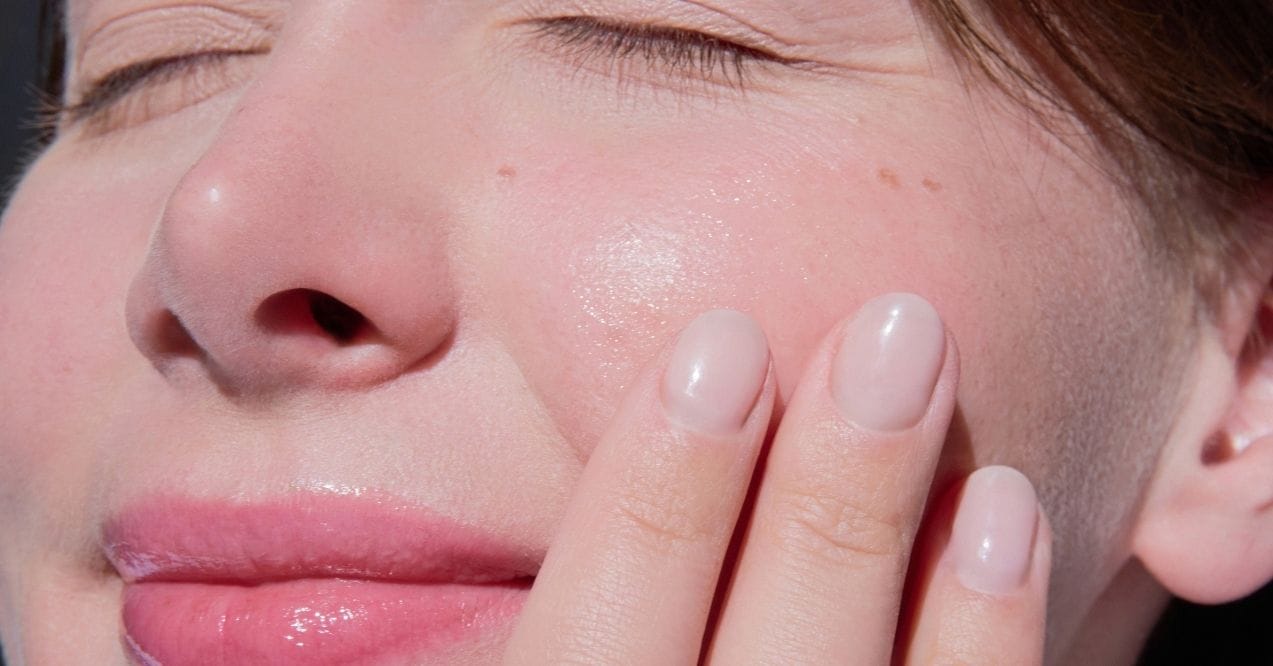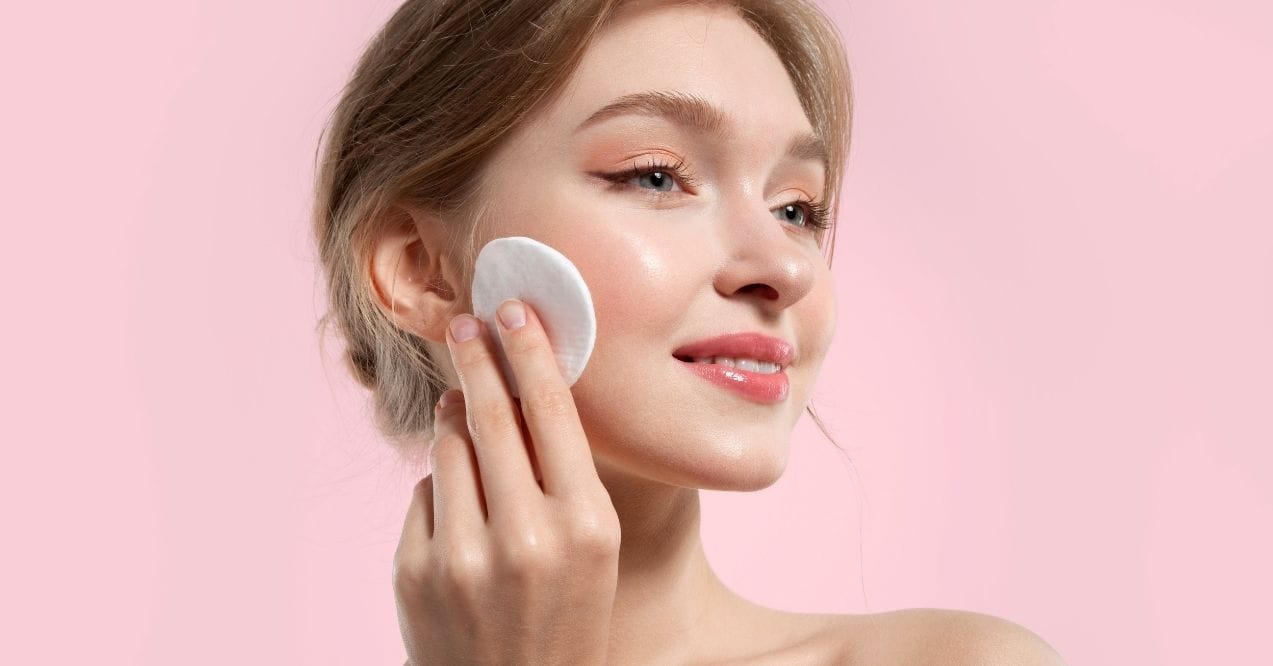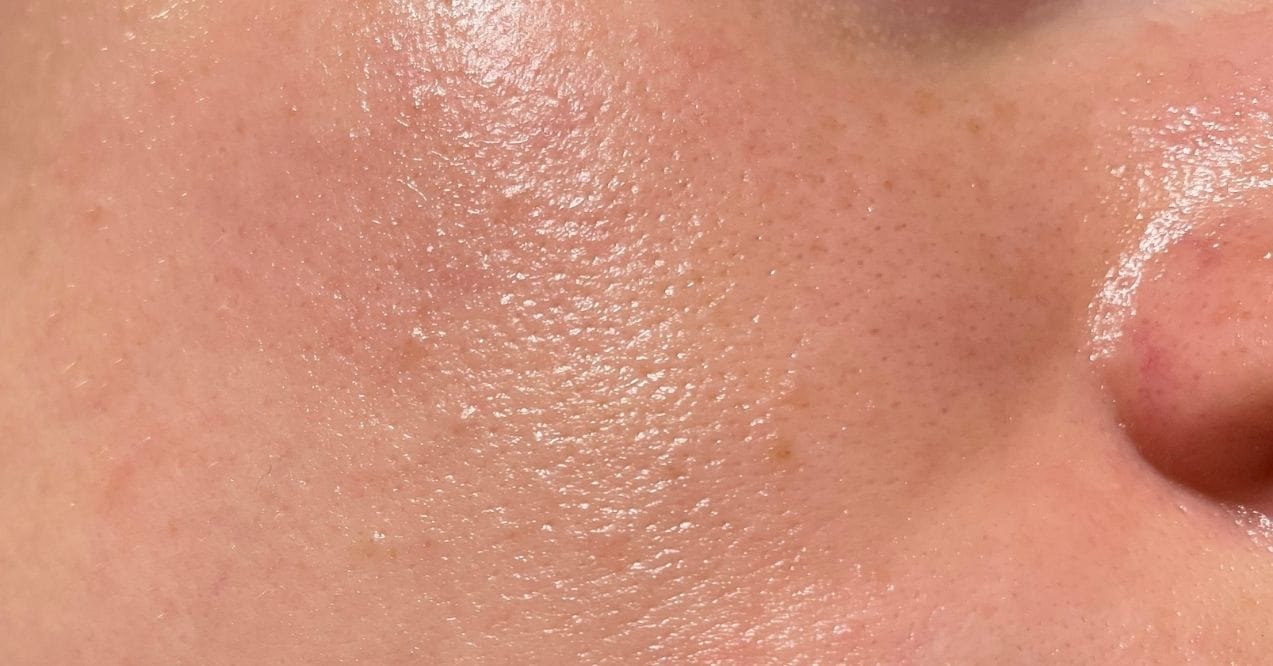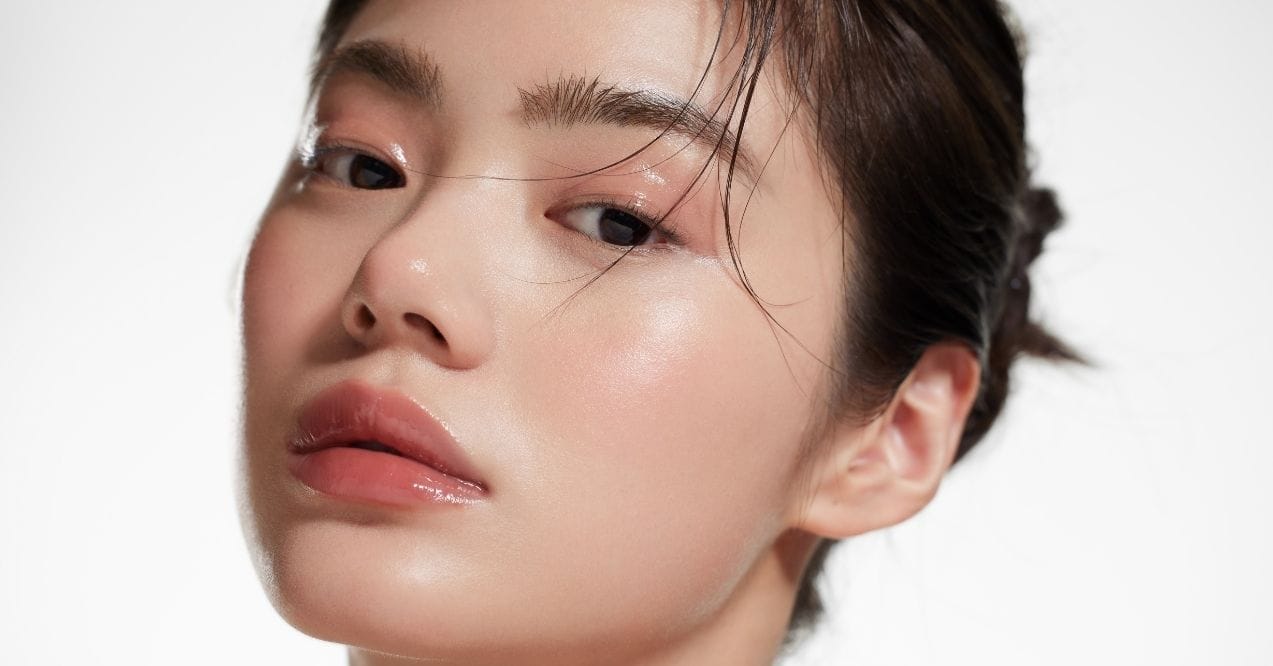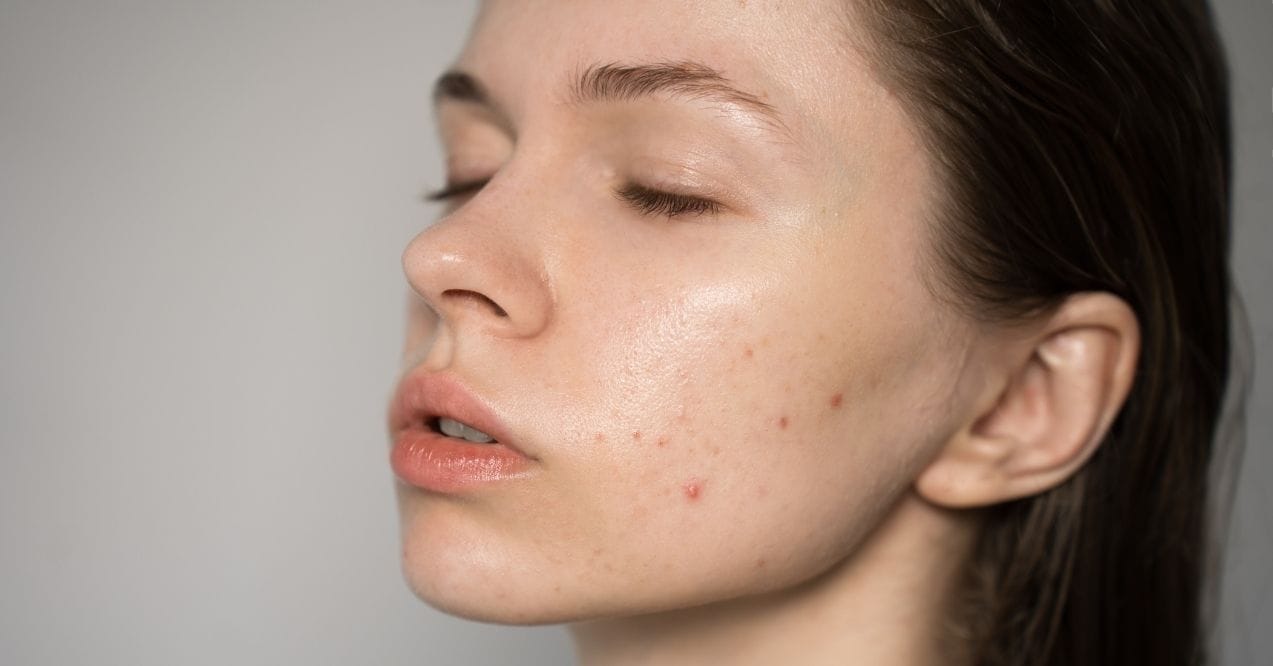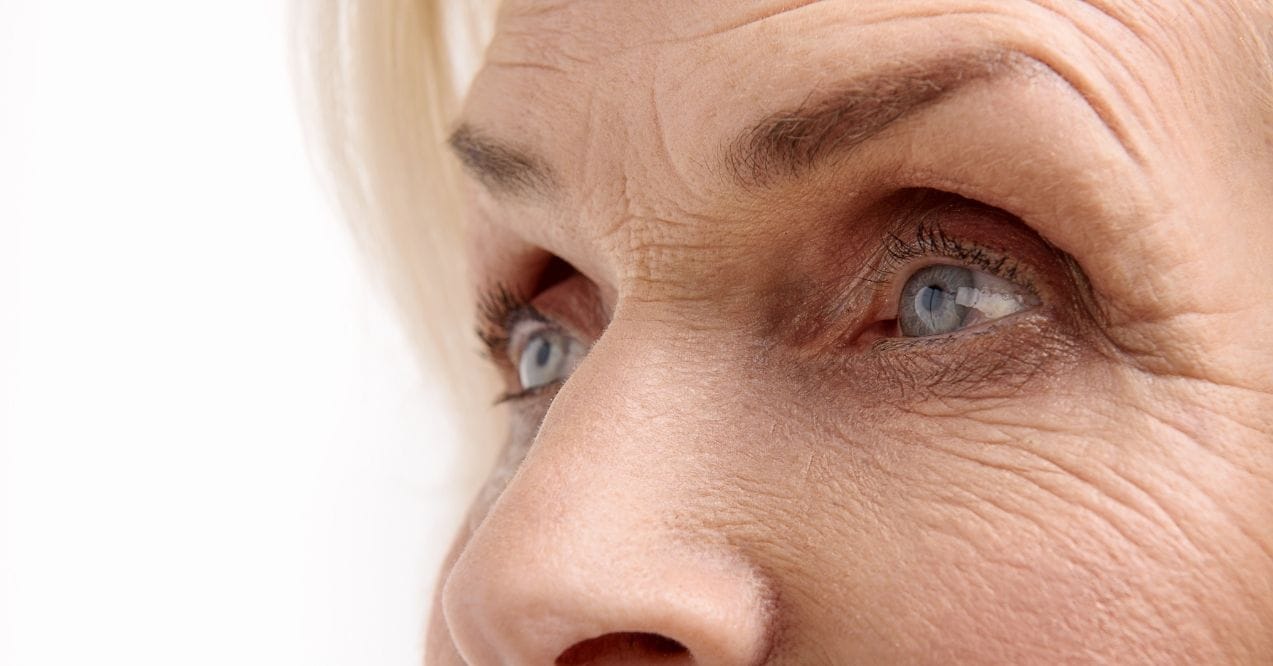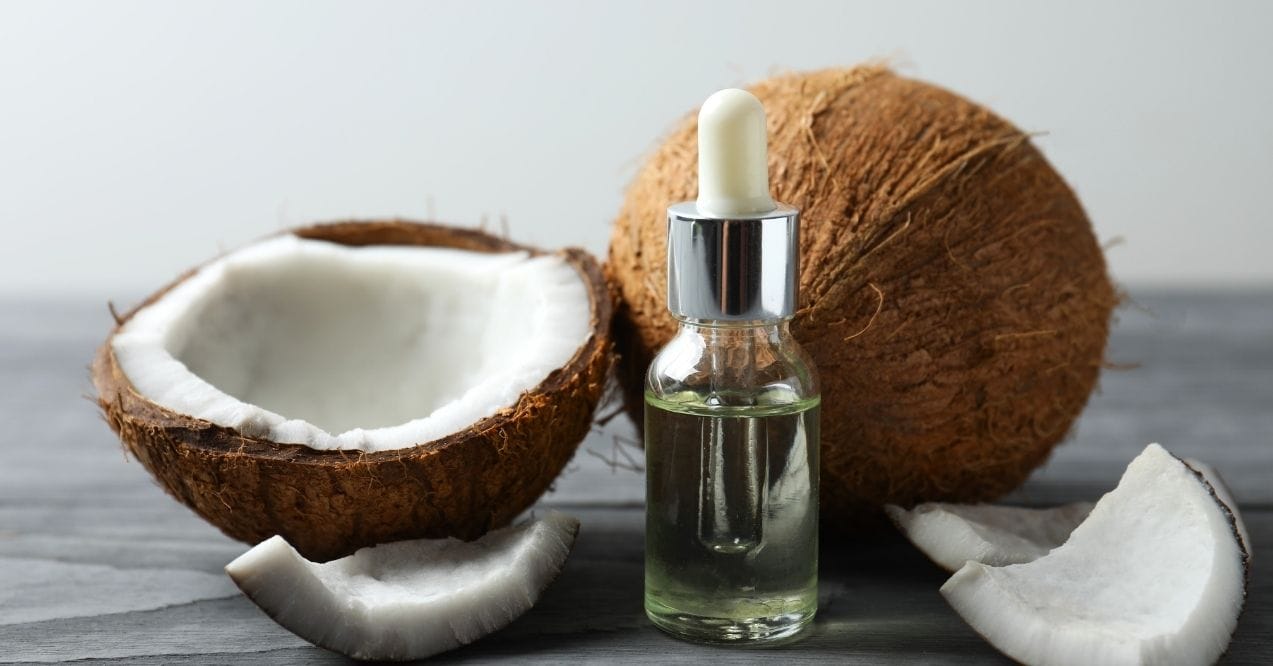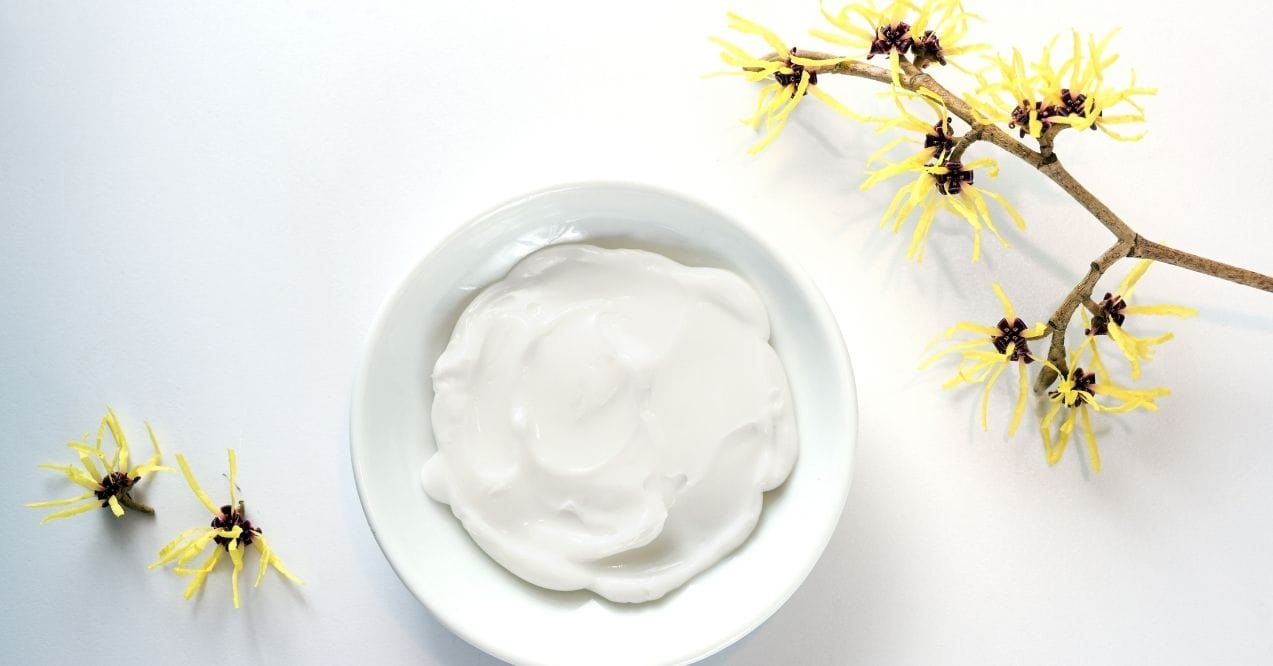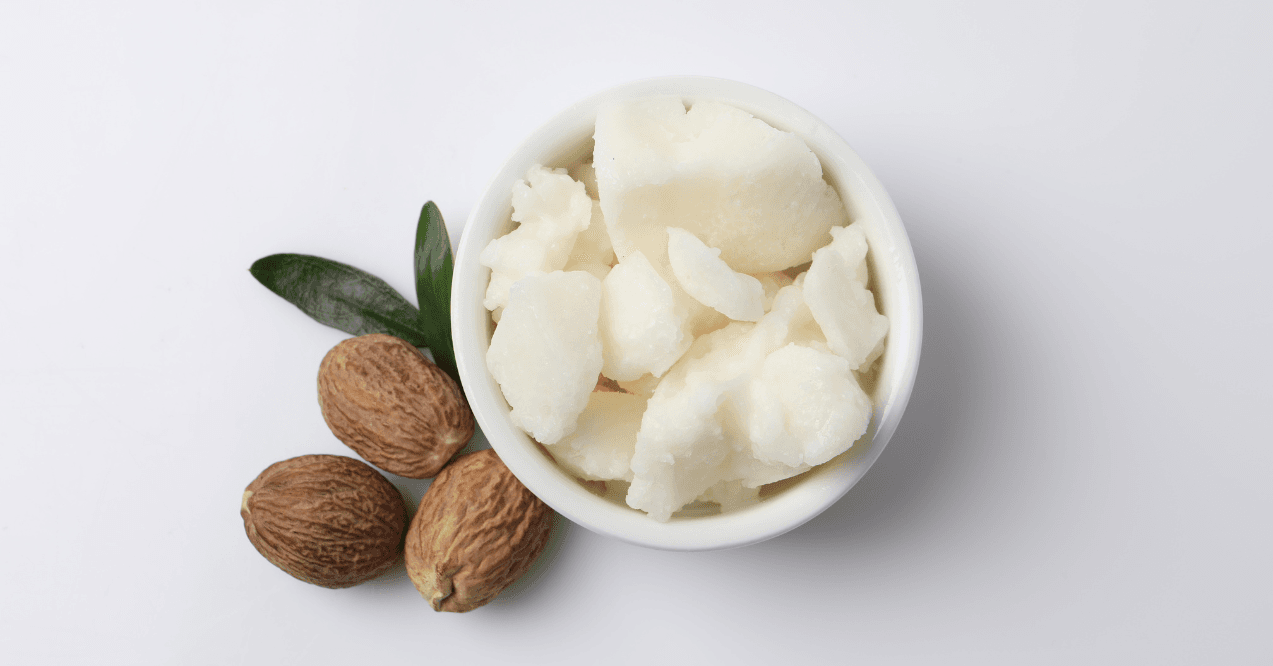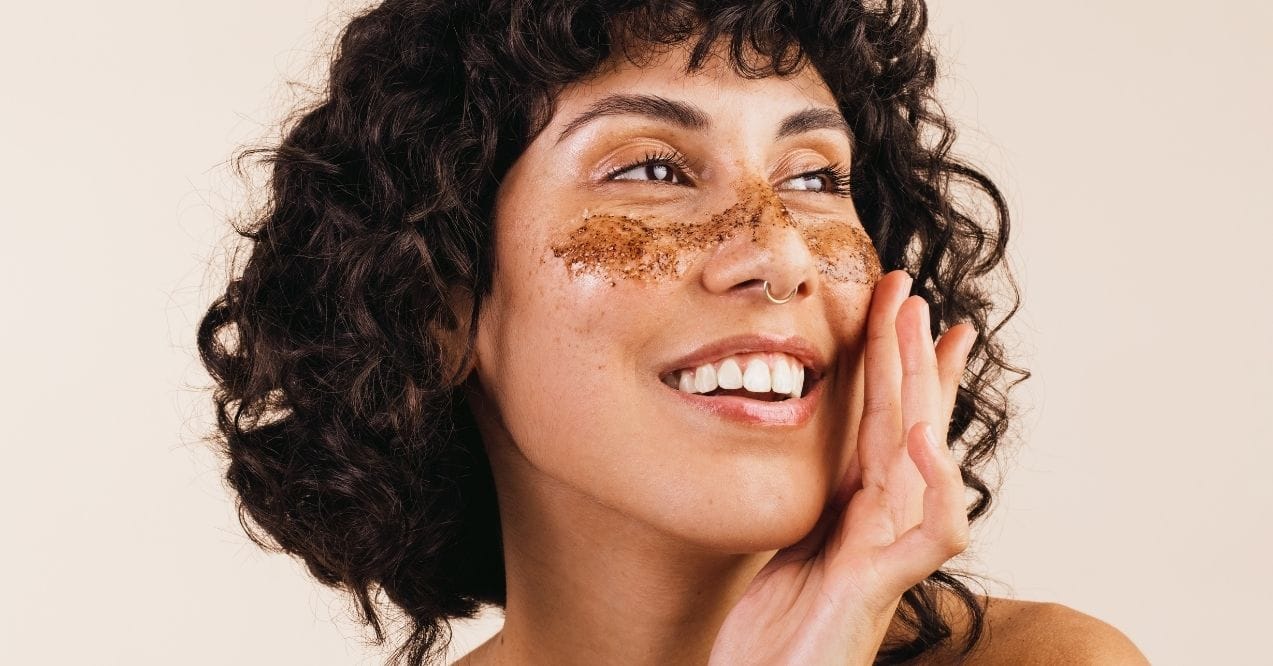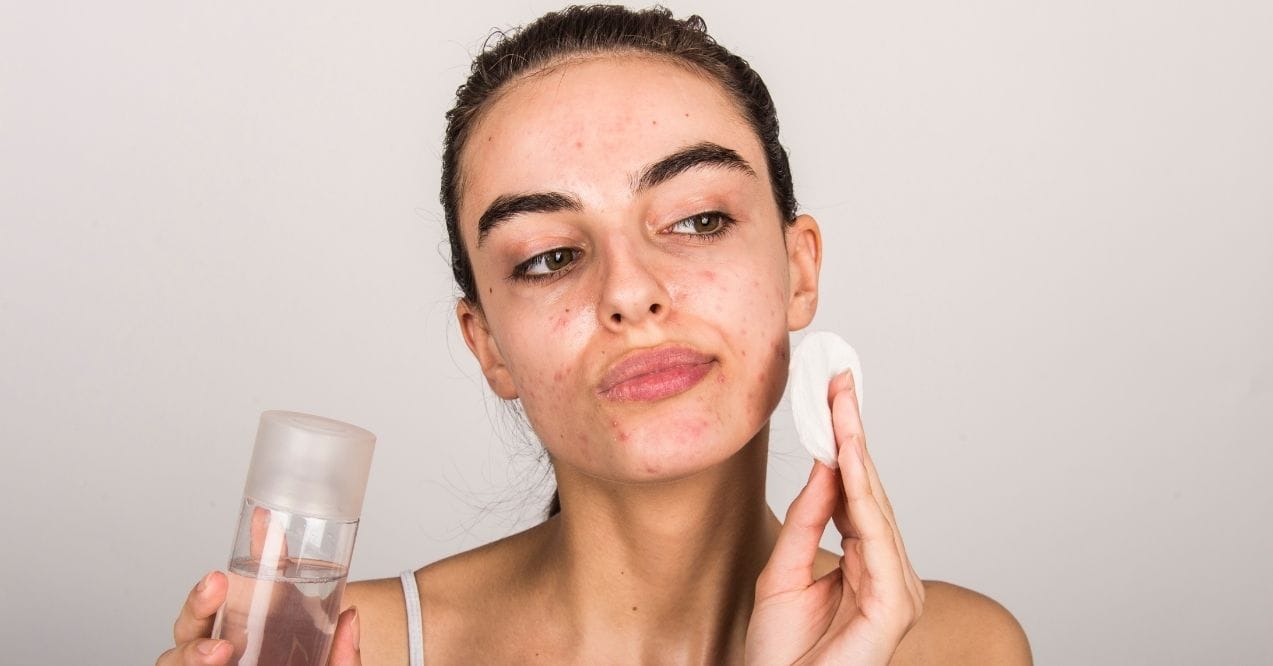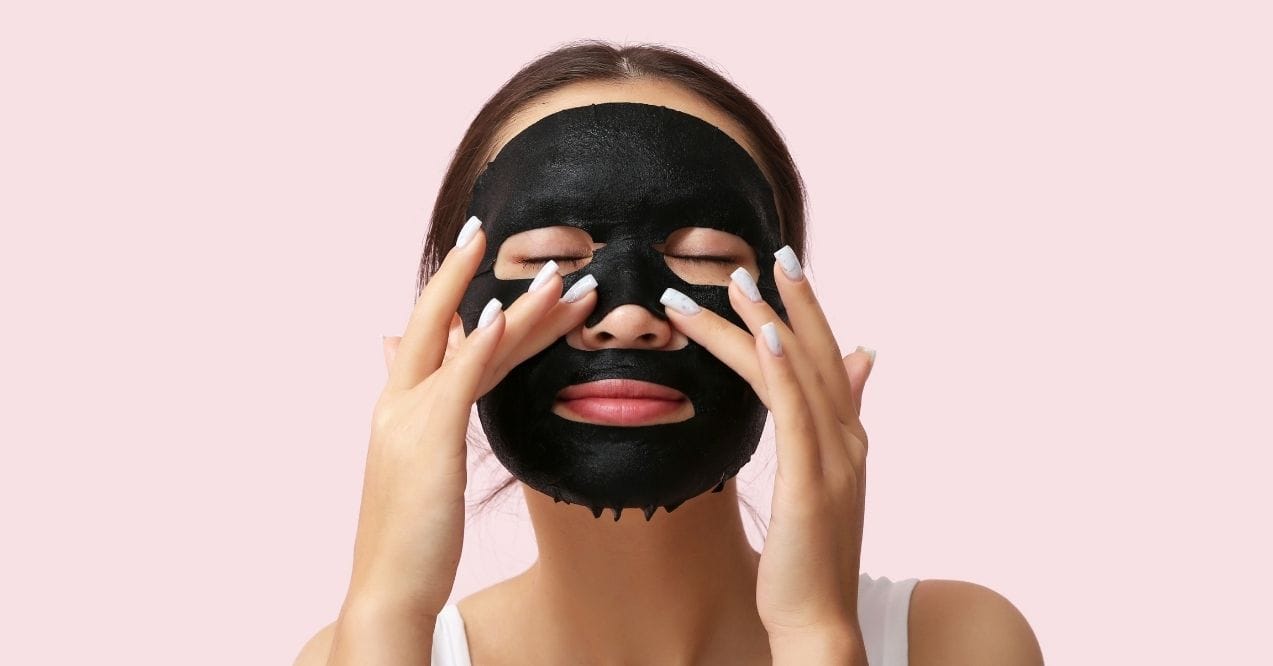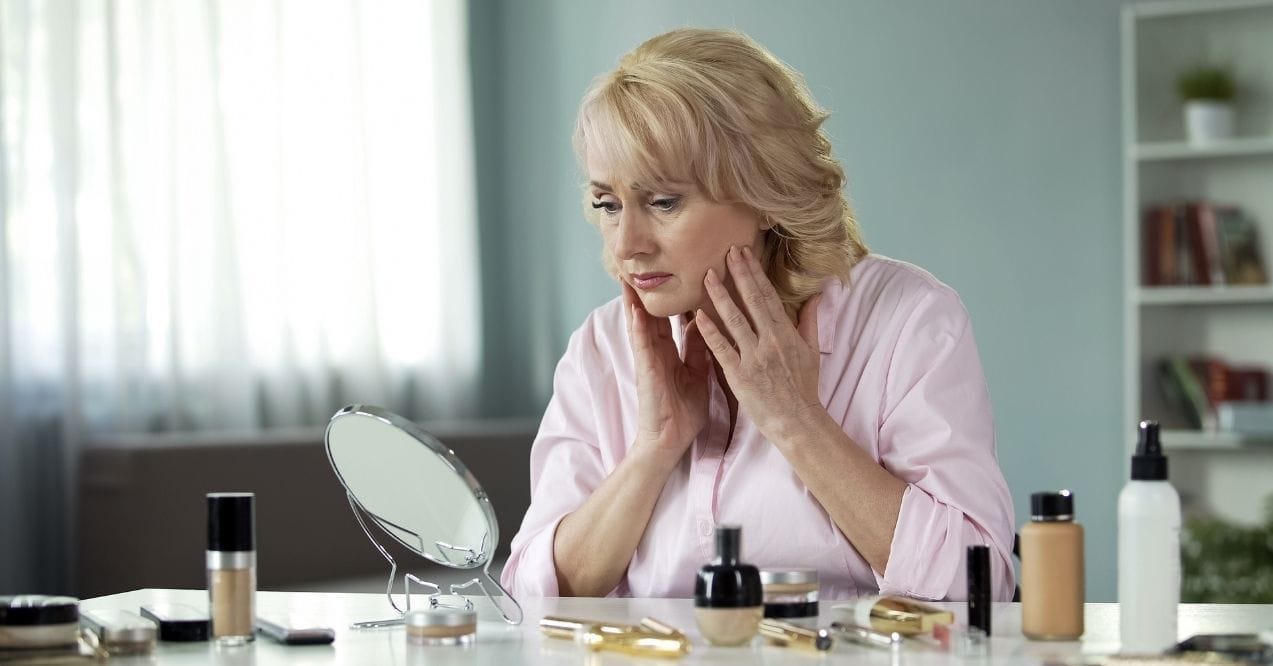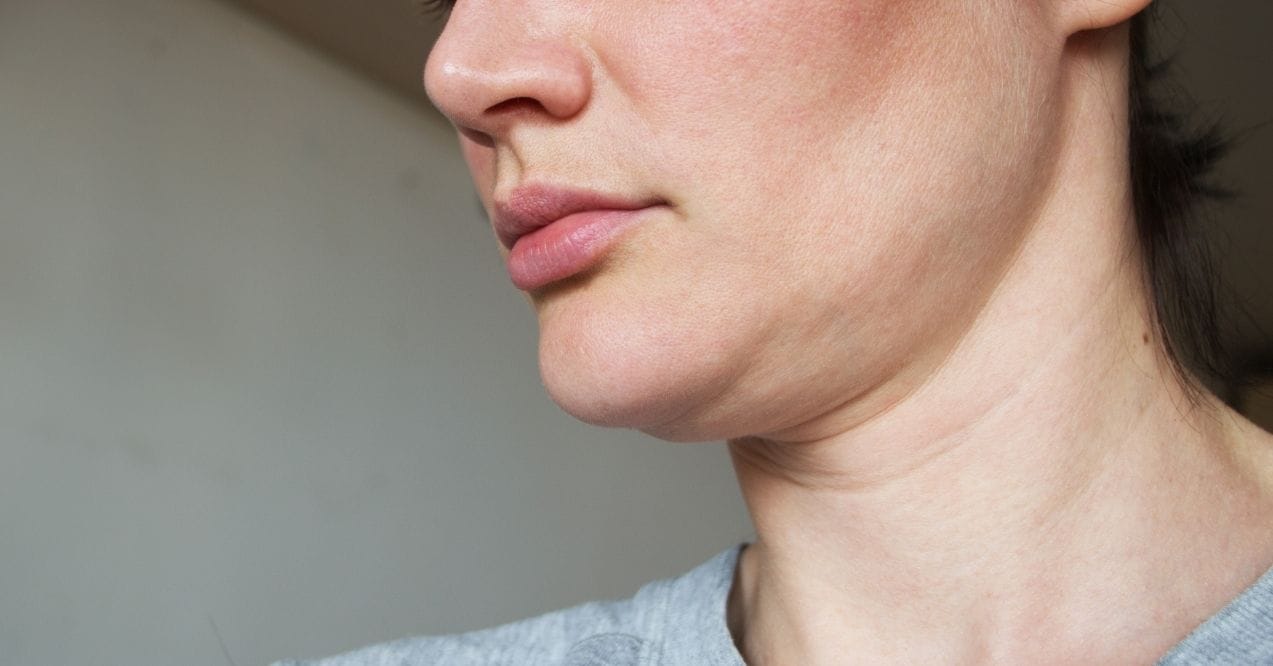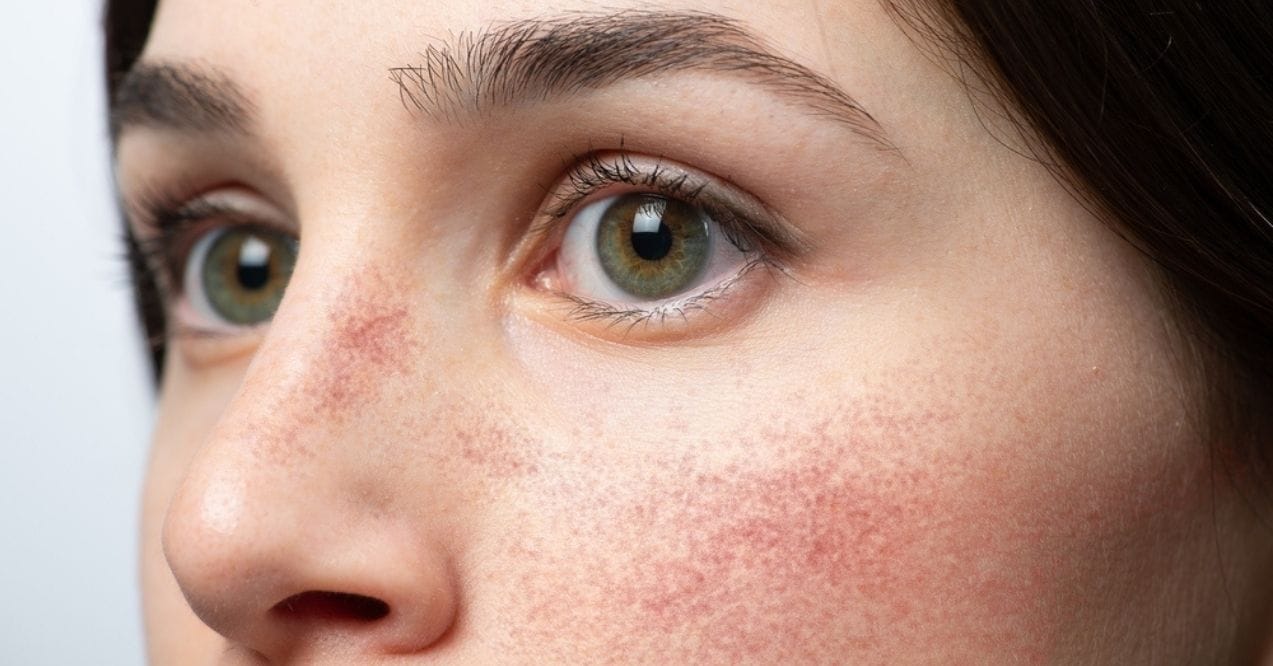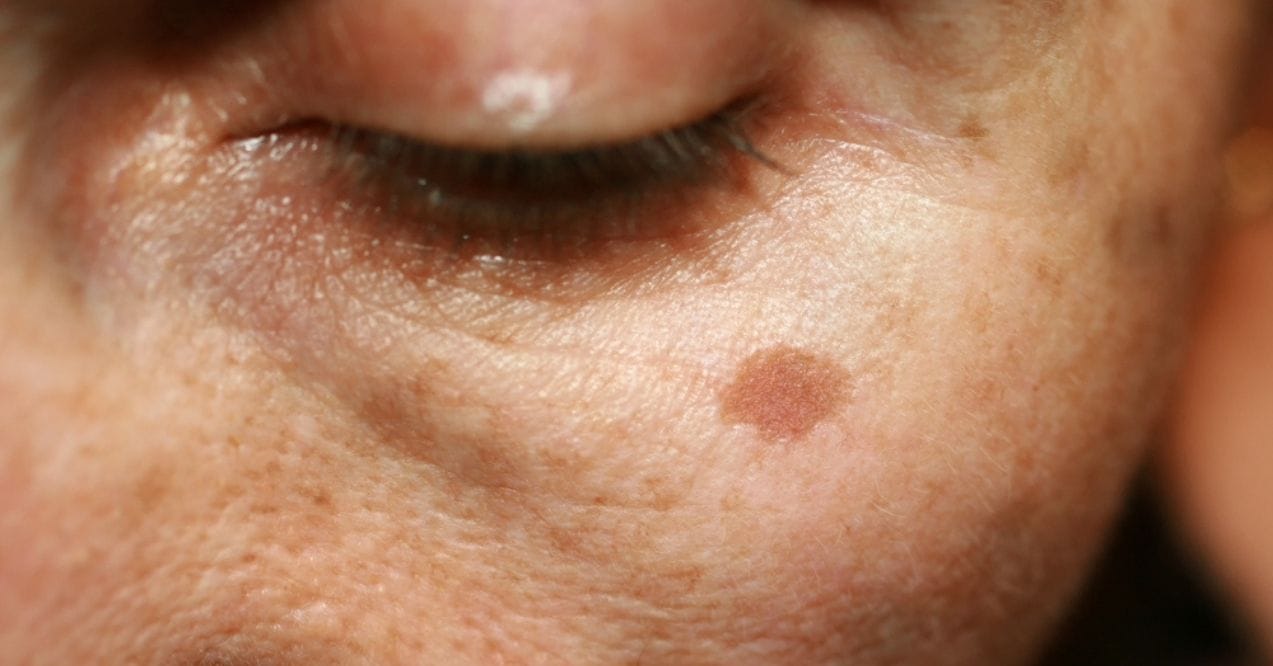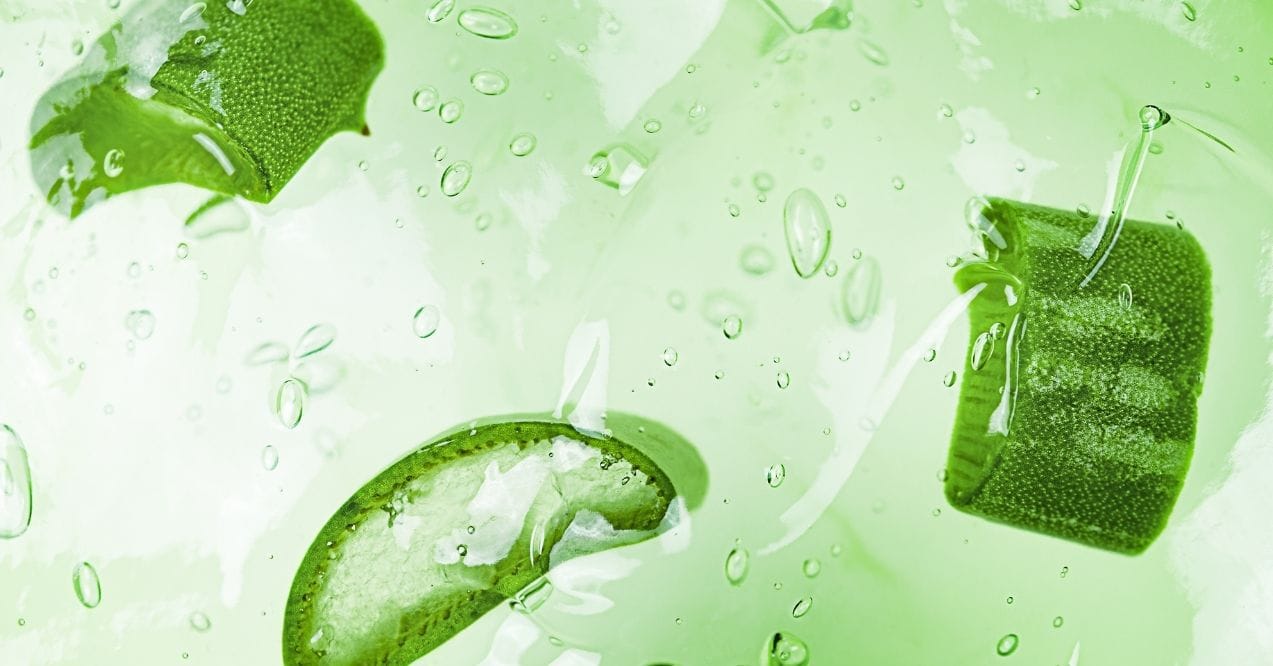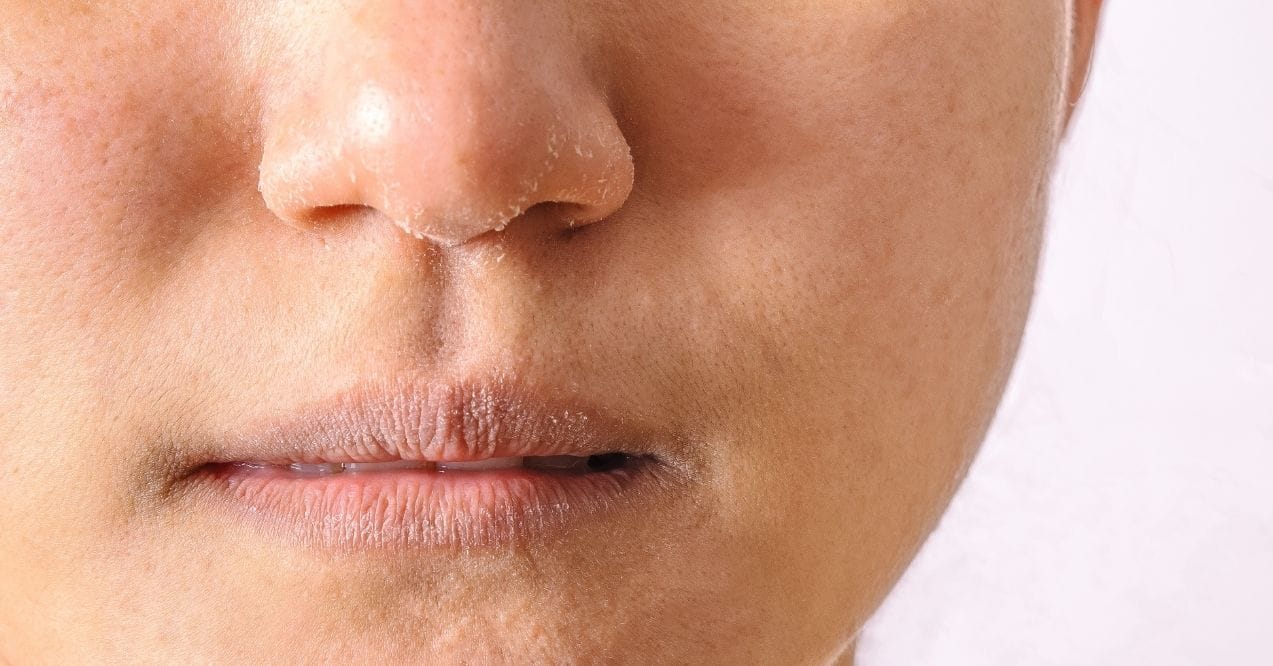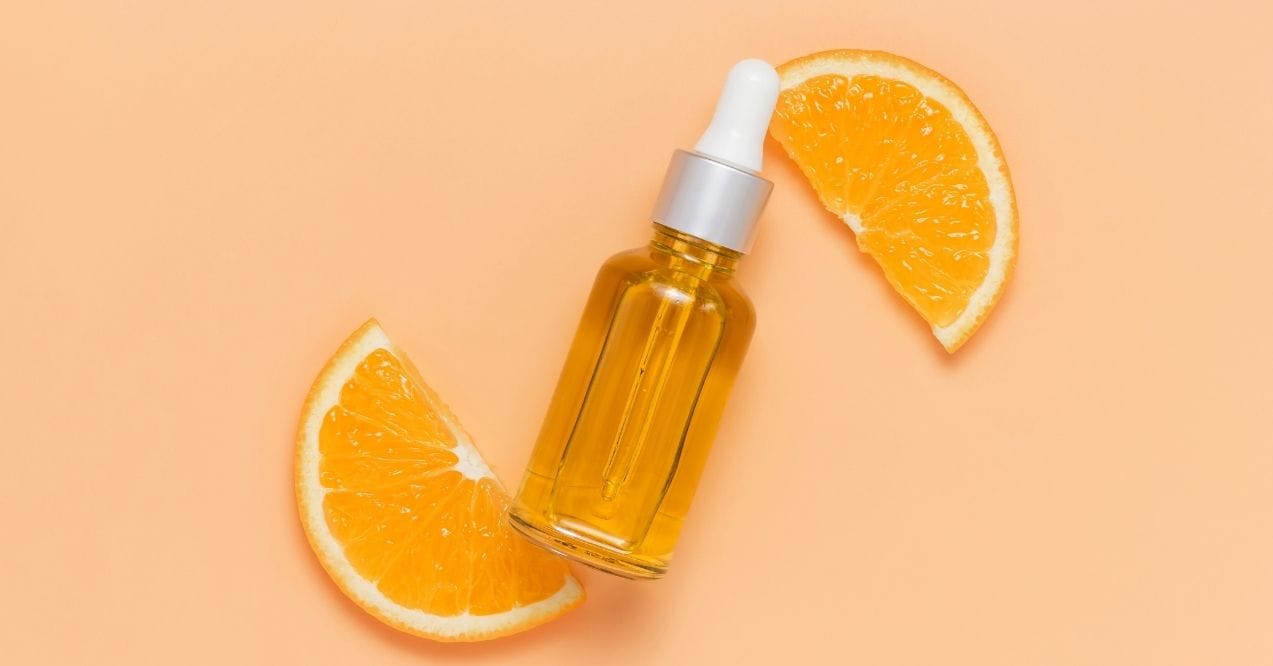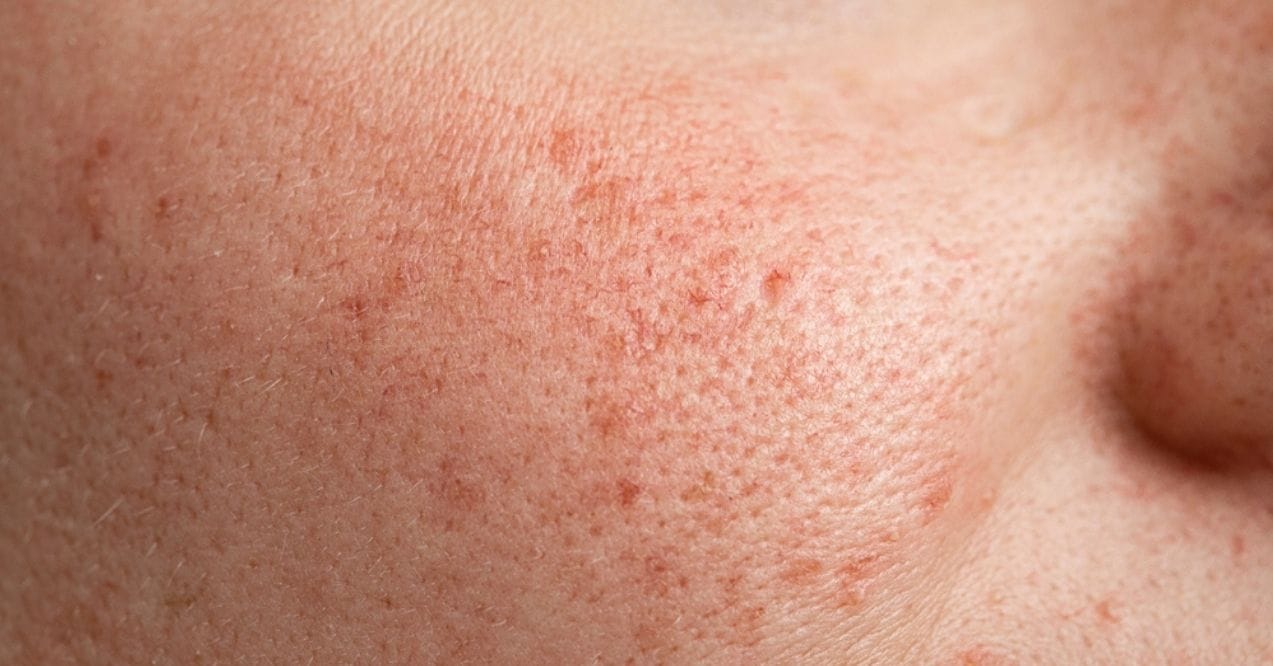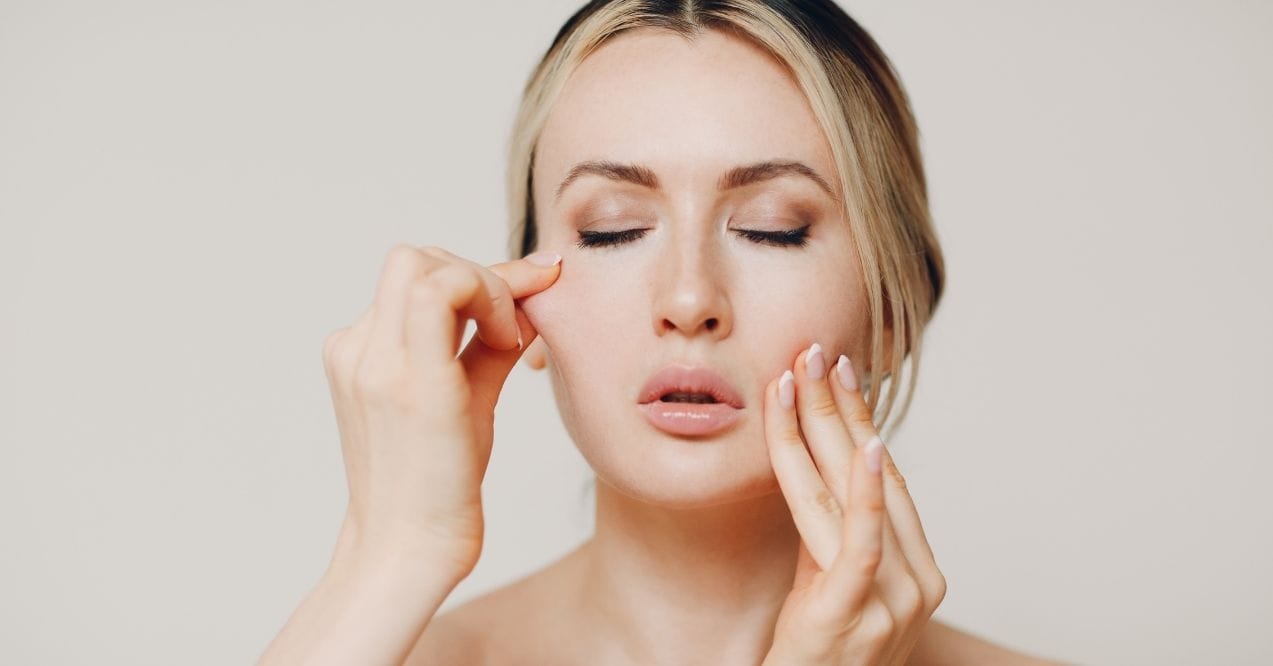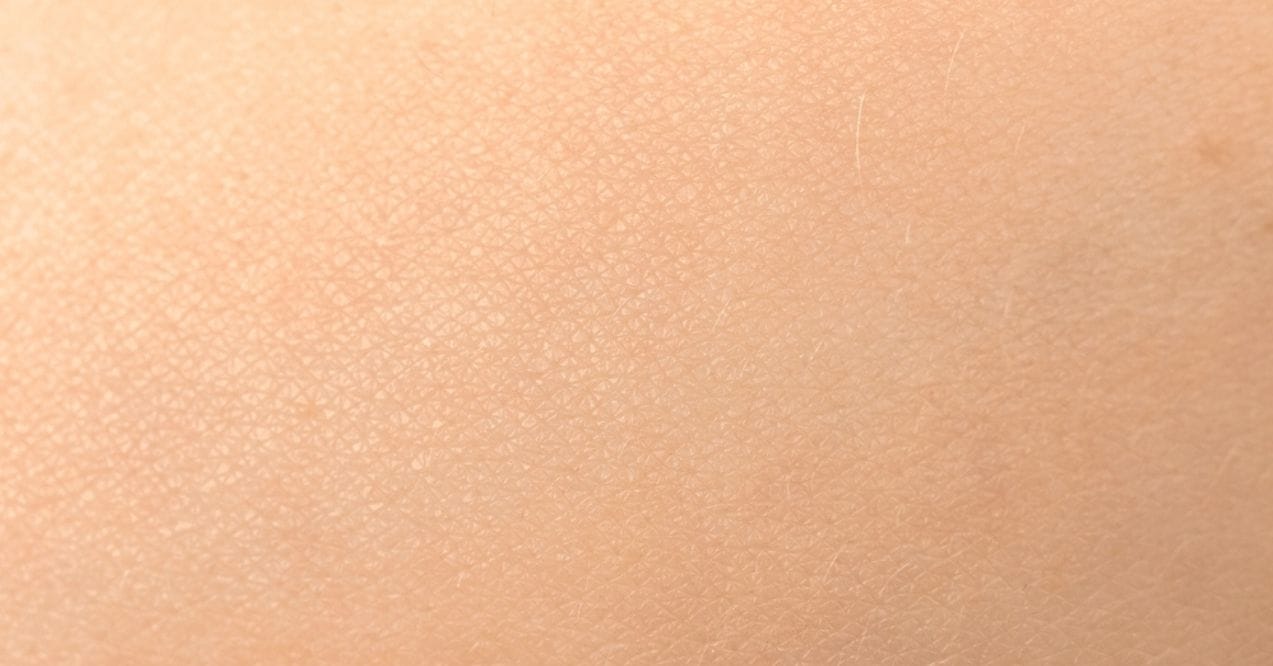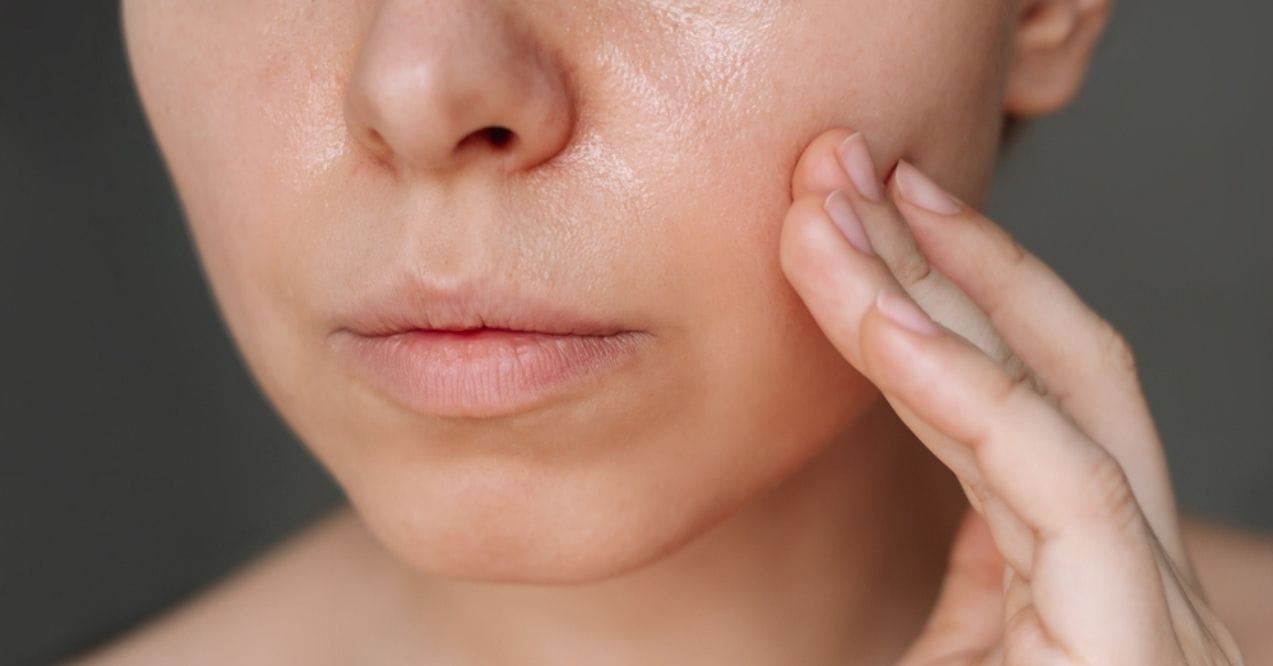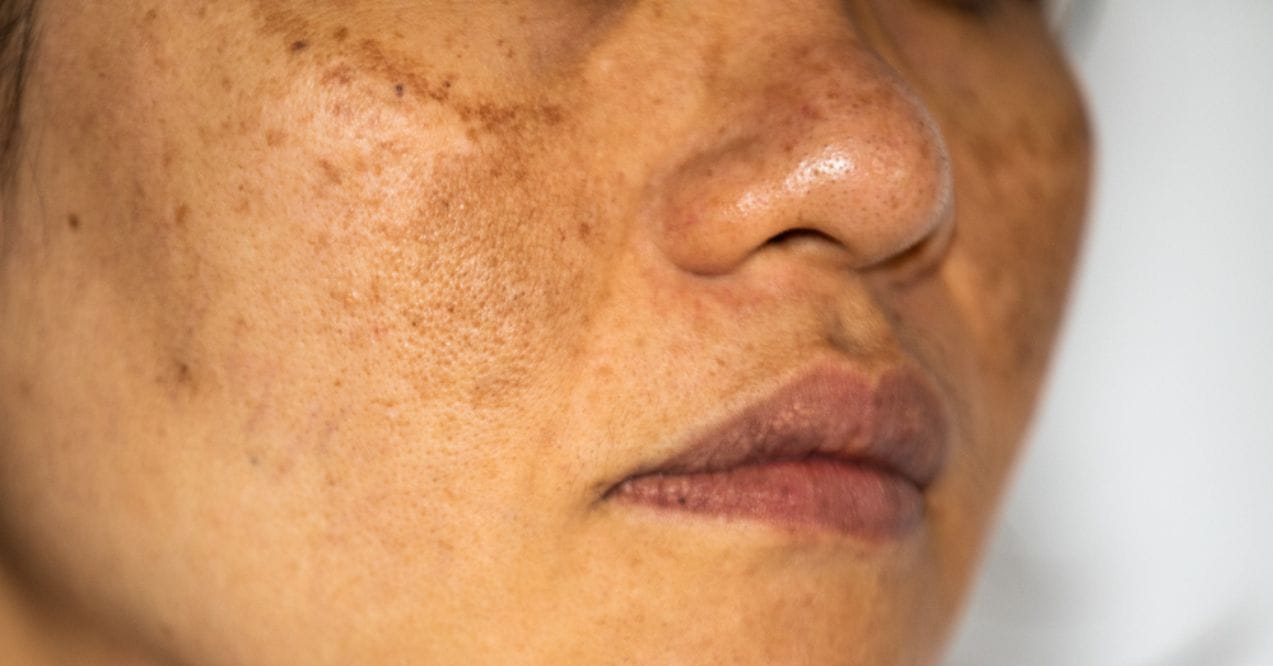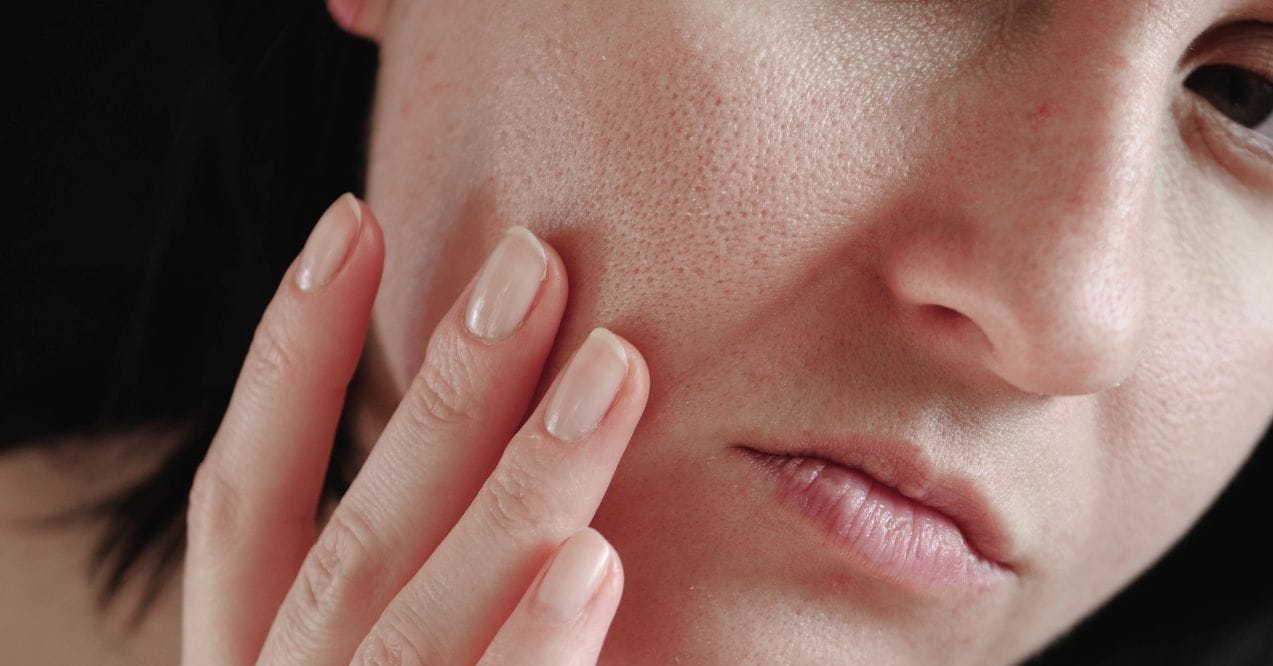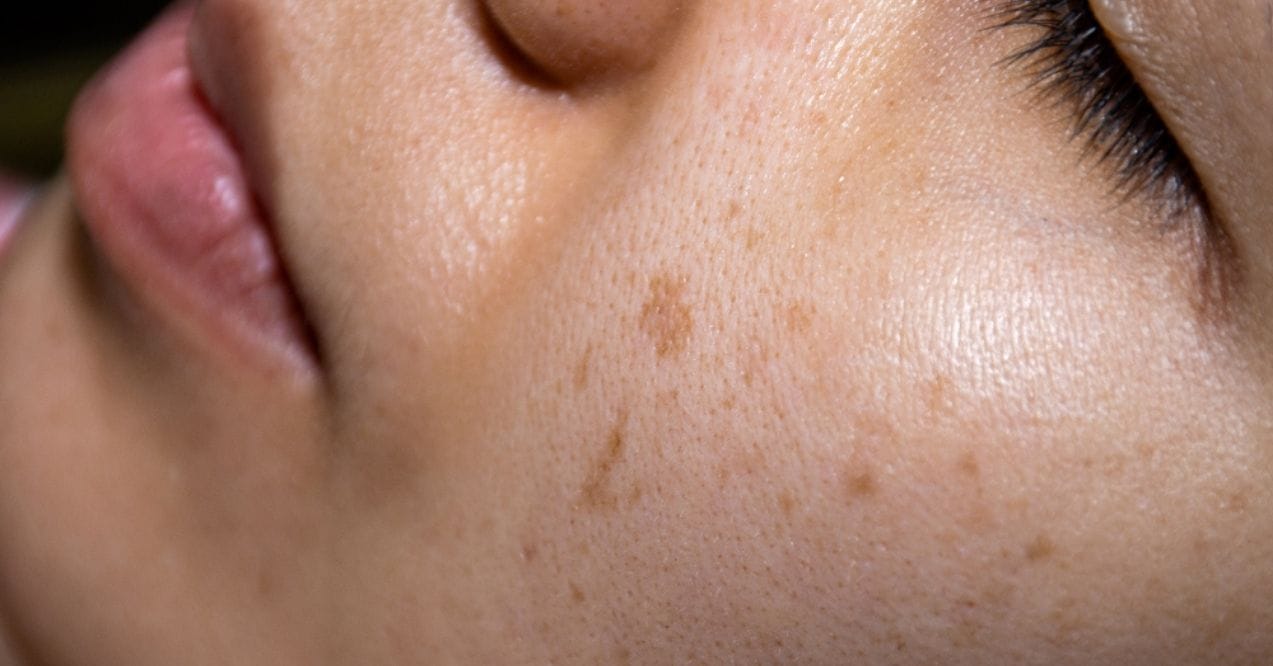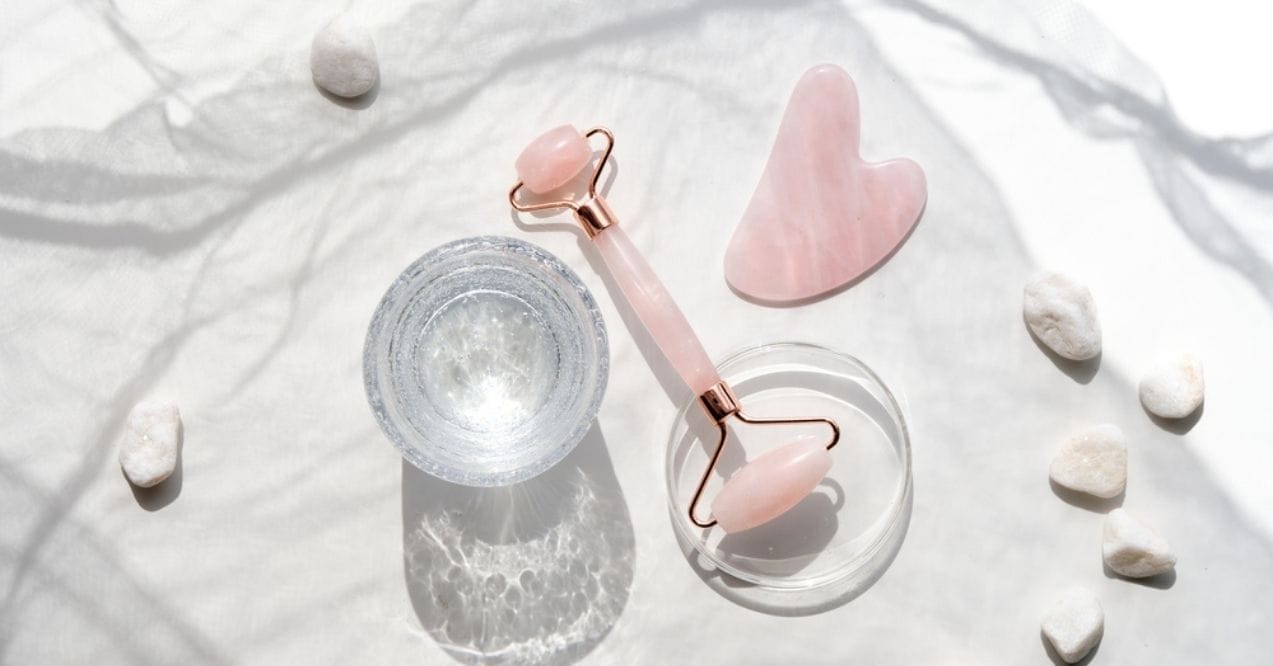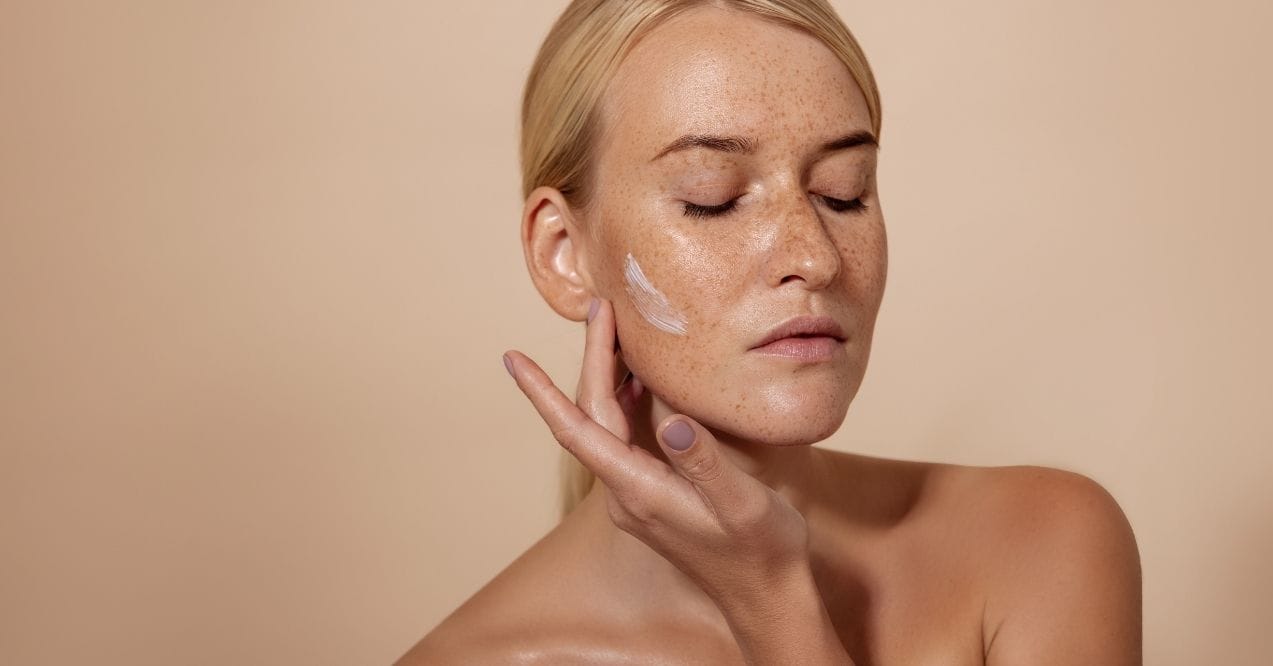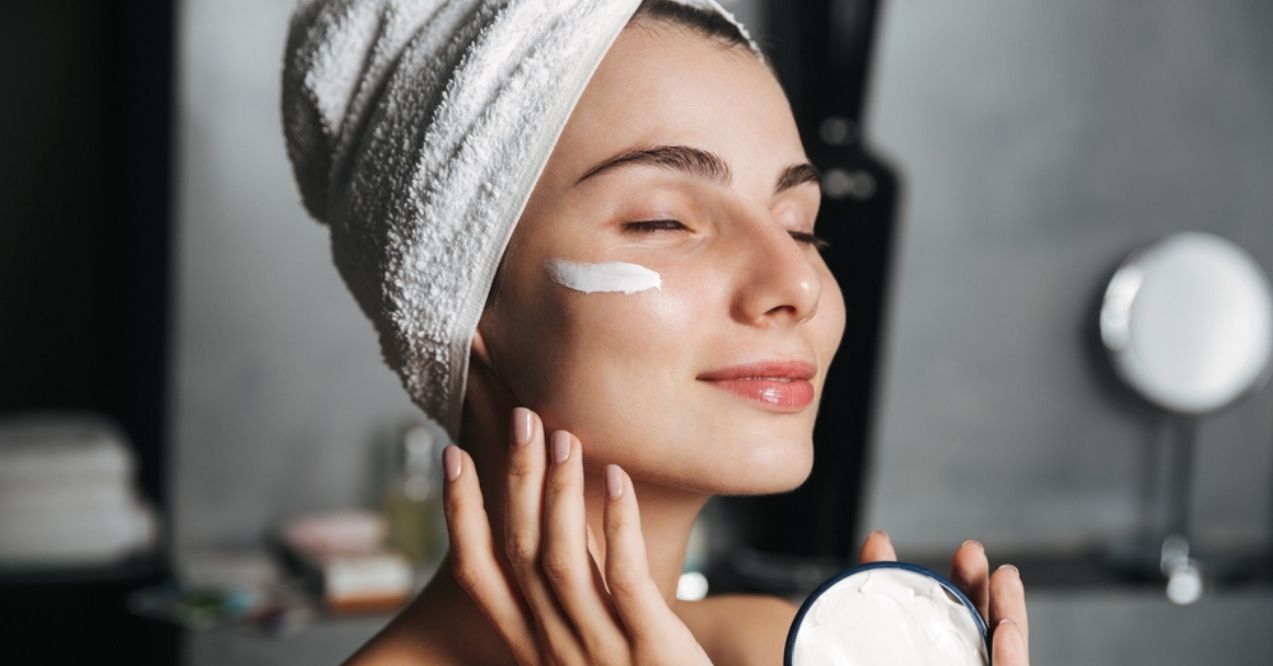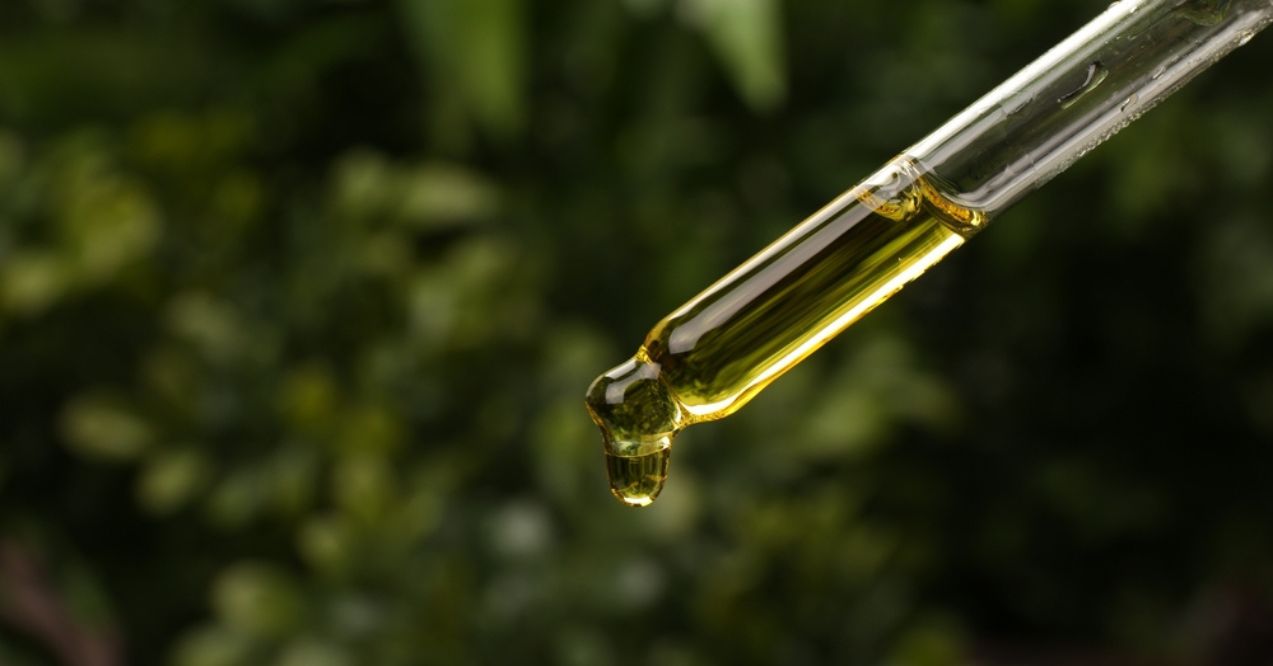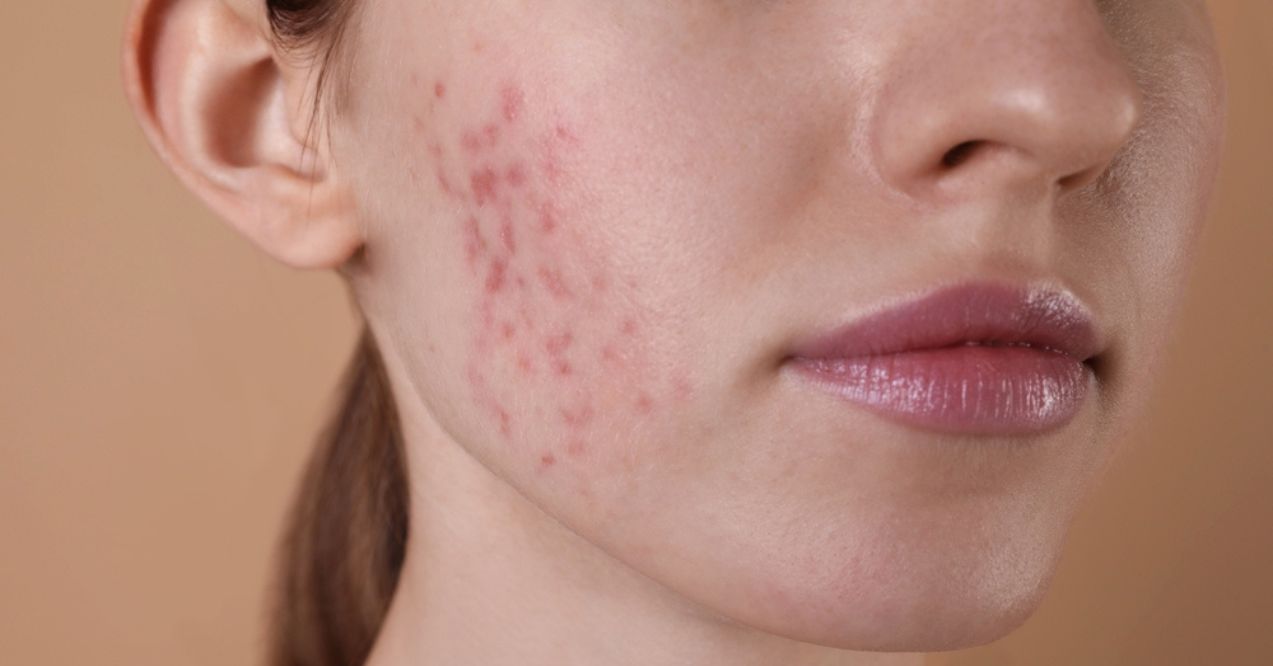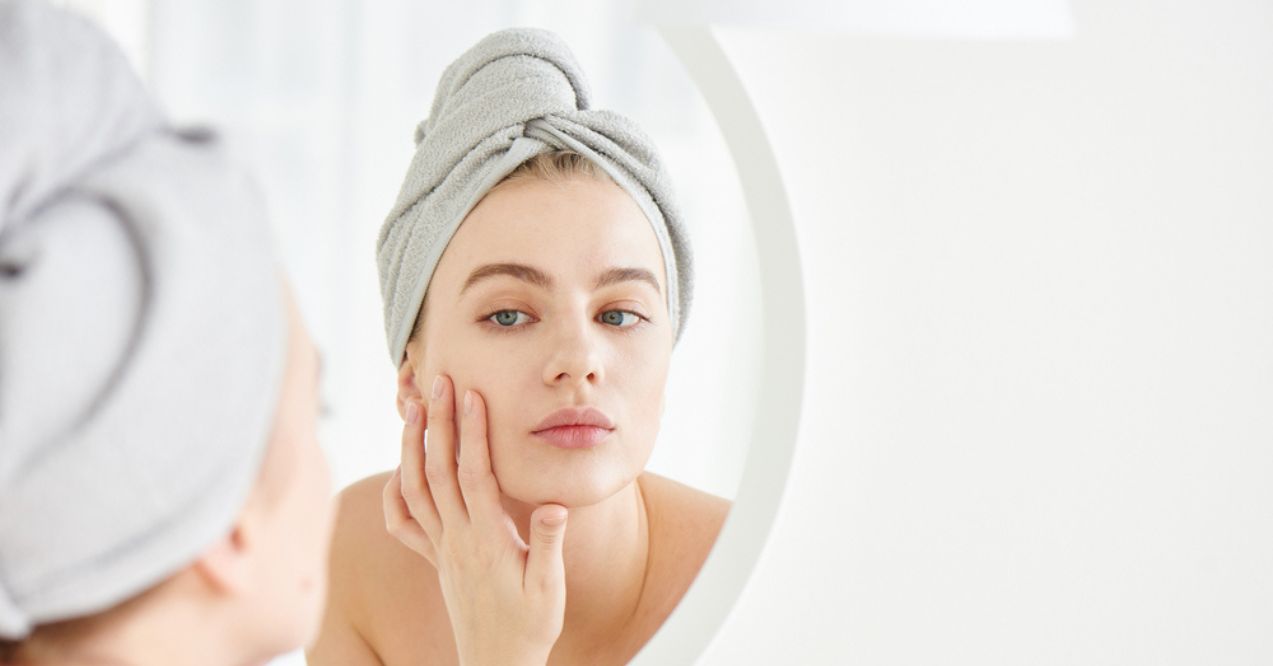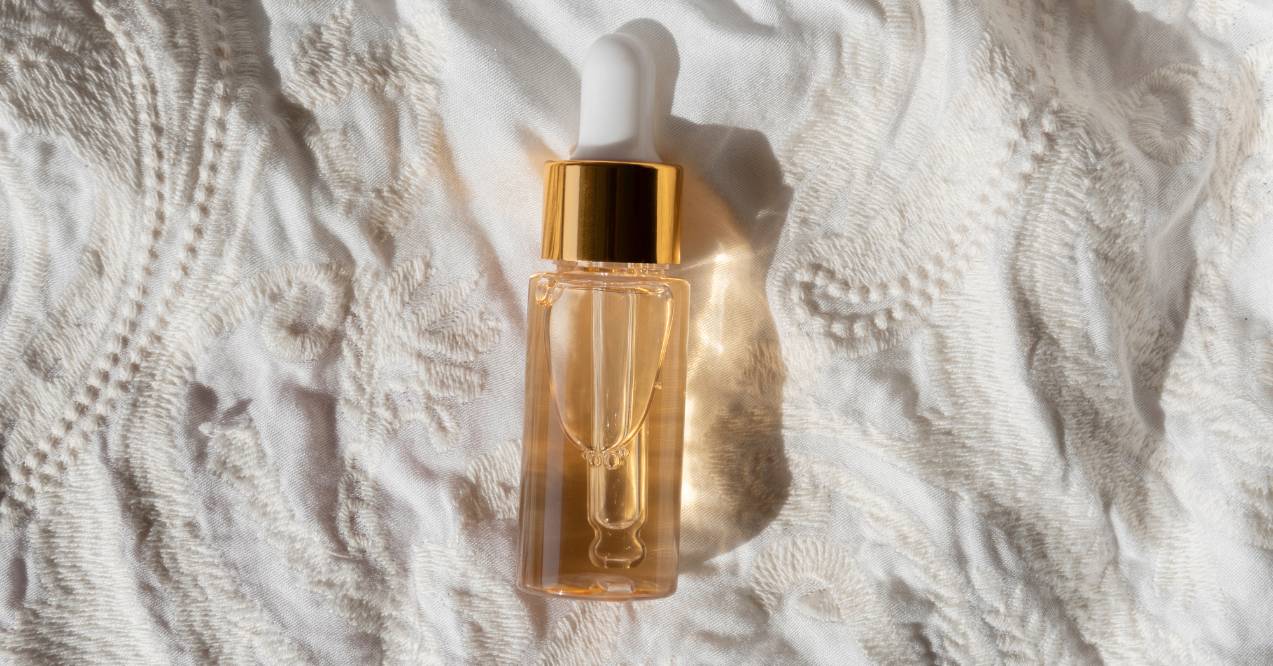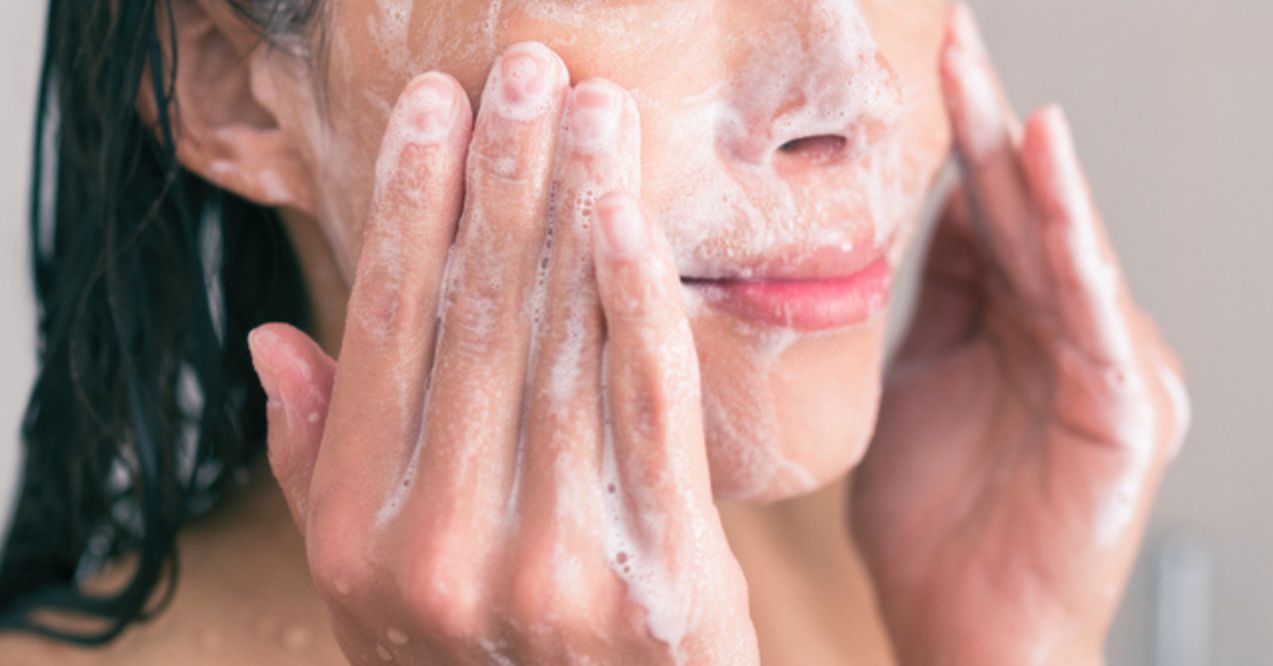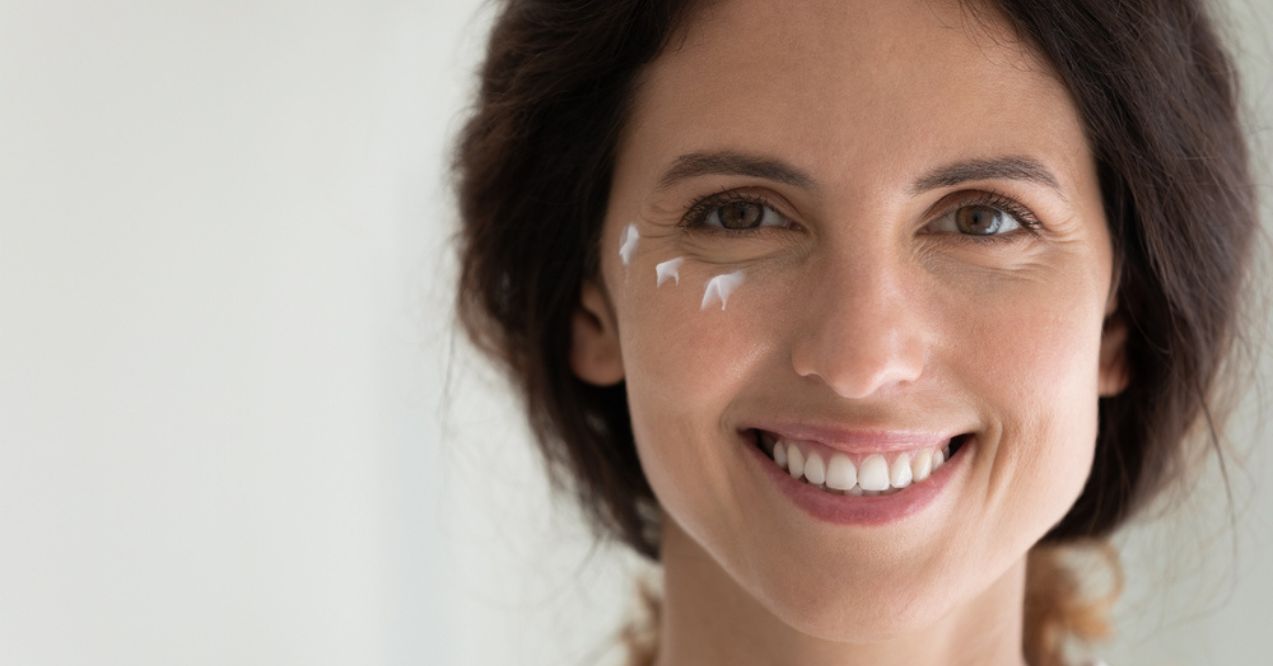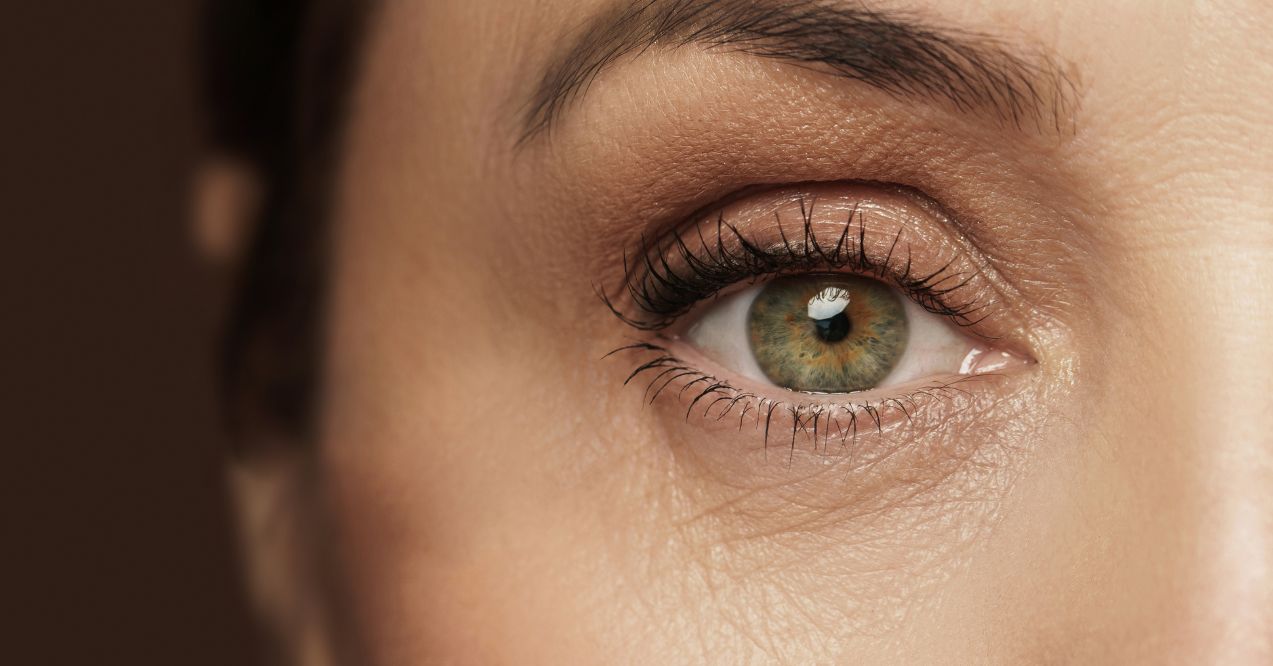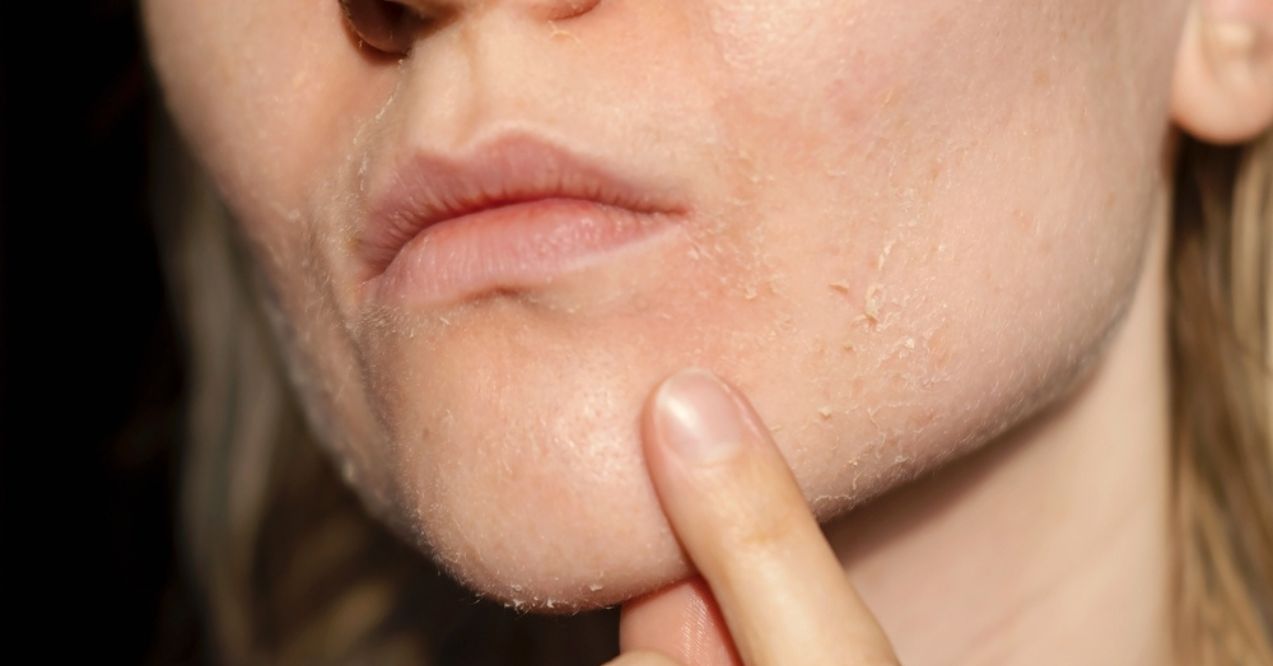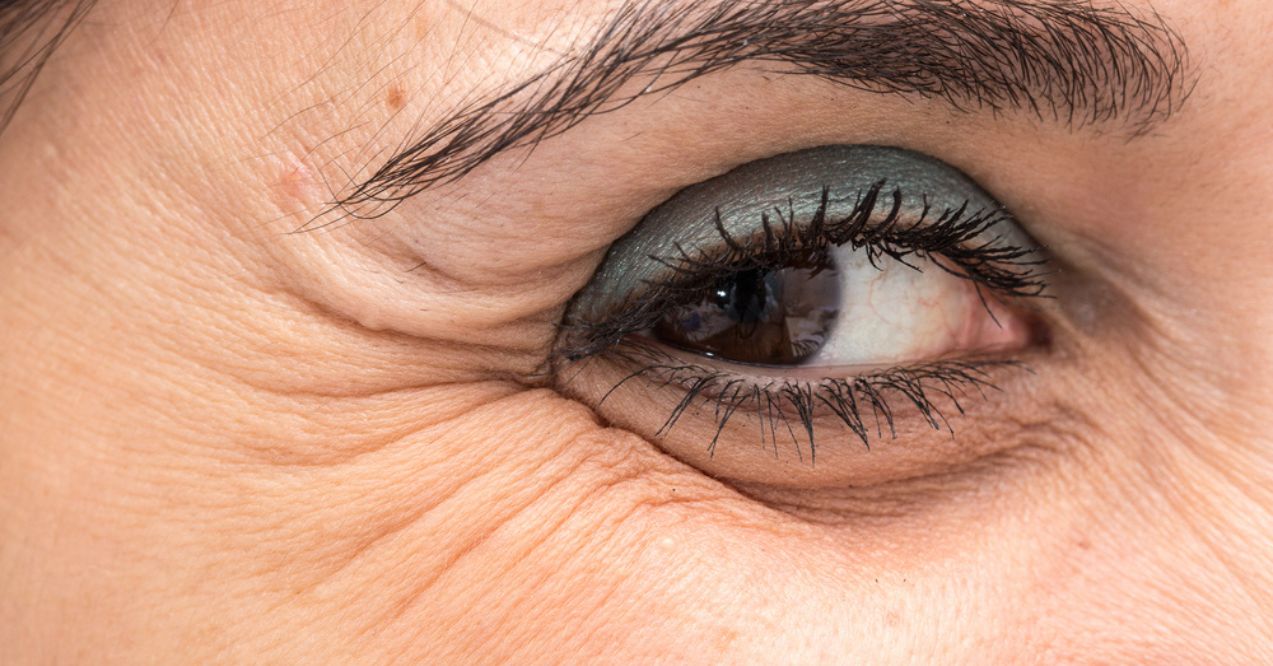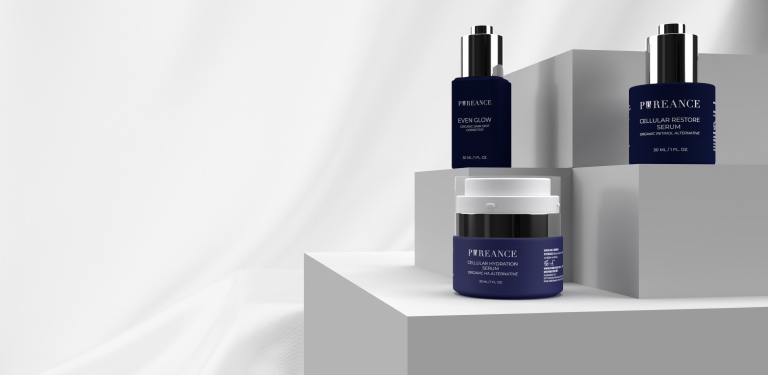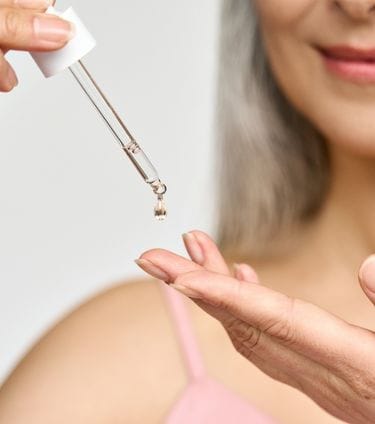


Top 8 Sunflower Seed Oil Skin Benefits
Sunflower seed oil skin benefits are gaining attention in the beauty world, and for good reason! This golden elixir, extracted from the seeds of cheery sunflowers, is packed with nourishing properties that can transform your skincare routine. But is sunflower seed oil good for you? Let’s dive into the top eight ways this natural wonder can boost your skin’s health and radiance.
Key Article Findings
- Sunflower seed oil strengthens the skin barrier. Its high linoleic acid content supports resilience and improves moisture retention for healthier, more supple skin.
- Lightweight hydration with antioxidant power. Sunflower seed oil deeply hydrates without clogging pores and delivers antioxidants like vitamin E to combat premature aging.
- Gentle yet effective for sensitive and acne-prone skin. It soothes inflammation, balances sebum production, and promotes a healthy skin microbiome, making it a versatile addition to any routine.
1. Barrier Repair Extraordinaire
Your skin’s barrier is its first line of defense against the outside world. Sunflower seed oil for skin is a superstar when it comes to supporting this vital function. With up to 70% linoleic acid content, it’s a powerhouse for maintaining skin integrity.
Linoleic acid is like a building block for your skin cells, integrating seamlessly into their membranes. This integration helps create a stronger, more resilient barrier. Compared to other popular oils like coconut or jojoba, sunflower seed oil excels in its barrier-boosting abilities.
A robust skin barrier means better protection against environmental stressors and improved water retention. The result? Skin that looks and feels healthier, more supple, and better equipped to face daily challenges.
2. Hydration Hero Without the Heaviness
One of the most remarkable sunflower oil benefits for skin is its ability to provide deep hydration without feeling heavy or greasy. Its unique molecular structure allows it to penetrate deeply into the skin while regulating transepidermal water loss (TEWL).
Unlike occlusive moisturizers that sit on top of the skin, sunflower seed oil strikes a perfect balance. It’s light enough for oily skin types yet nourishing enough for dry areas, making it ideal for combination skin.
Try layering sunflower oil for face under your regular moisturizer for an extra hydration boost. It plays well with other skincare products, enhancing their effectiveness without causing congestion.
3. Antioxidant Arsenal Against Premature Aging
Sunflower seed oil is brimming with skin-loving antioxidants, including vitamin E and beta-carotene. These powerful compounds work together to combat various types of free radicals that can lead to premature aging.
Regular use of sunflower seed oil may help maintain a youthful appearance by supporting the skin’s natural defenses. While it’s not a replacement for targeted anti-aging treatments, it’s an excellent addition to any skincare routine focused on long-term skin health.
4. Inflammation Soother for Sensitive Souls
If you have sensitive skin, sunflower seed oil might become your new best friend. Its gentle, non-irritating nature makes it suitable for even the most delicate skin types.
The oil contains compounds that can help calm irritated skin and reduce the appearance of redness. It’s a gentle alternative for those who find other skincare products too harsh or reactive.
After skin treatments or exposure to environmental stressors, sunflower seed oil can offer soothing comfort. Its natural properties support the skin’s ability to bounce back from various forms of stress.
5. Acne-Fighting Ally
It might seem counterintuitive, but using oil can actually help manage oily, acne-prone skin. Sunflower seed oil’s high linoleic acid content may help regulate sebum production, potentially leading to fewer breakouts.
Moreover, sunflower seed oil has properties that may help maintain clear skin. Its lightweight nature means it won’t clog pores, making it a safe choice for those prone to congestion.
To incorporate sunflower seed oil into an acne-prone skincare routine, try using it as a light moisturizer or mixing a few drops into your regular products. Always patch test first and introduce new products gradually.
6. Skin Nutrition
Sunflower seed oil contains nutrients that support the skin’s natural renewal processes. This can contribute to a fresher, more radiant complexion over time.
The oil’s nourishing properties may help improve the overall appearance of the skin, promoting a smoother, more even-toned look. It’s particularly beneficial for addressing areas of dryness or roughness.
7. Natural UV Defense Booster
While sunflower seed oil is not a replacement for sunscreen, it can be a valuable addition to your sun protection routine. Its antioxidants and fatty acids support the skin’s natural defenses against environmental stressors, including UV exposure.
Consider applying sunflower seed oil under your regular sunscreen for an extra layer of nourishment. After sun exposure, it can help soothe and moisturize the skin, supporting its natural recovery processes.
8. Skin Microbiome Balancer
The skin microbiome is a hot topic in skincare, and for good reason. This ecosystem of microorganisms on our skin plays a crucial role in maintaining skin health and appearance.
Sunflower seed oil’s unique composition may help support a balanced skin microbiome. By providing nourishment and maintaining skin barrier function, it creates an environment where beneficial skin bacteria can thrive.
A healthy microbiome contributes to clearer, more resilient skin. While more research is needed, incorporating sunflower seed oil into your routine could be a simple way to support your skin’s natural balance.
Conclusion
Sunflower seed oil skin benefits include supporting the skin barrier, providing lightweight hydration, and promoting a balanced microbiome. Its antioxidants maintain a youthful look, while its gentle nature suits sensitive and acne-prone skin. Though not a sunscreen, it complements sun protection, making it a versatile addition to any skincare routine.
Sunflower seed oil’s antioxidants and nourishing properties may support overall skin health and appearance. While it can contribute to a more even skin tone, results may vary.
Sunflower seed oil and hyaluronic acid work differently. Sunflower seed oil is an emollient that softens skin and helps retain moisture. Hyaluronic acid is a humectant that attracts water. Both can be beneficial for hydration when used properly in a skincare routine.
Sunflower seed oil is generally gentle and can be used around the eye area. However, avoid getting it directly in your eyes. As with any new product, patch test first and discontinue use if irritation occurs. Consider using a dedicated eye cream for targeted care.
This site offers health, wellness, fitness and nutritional information and is designed for educational purposes only. You should not rely on this information as a substitute for, nor does it replace, professional medical advice, diagnosis, or treatment. If you have any concerns or questions about your health, you should always consult with a physician or other health-care professional. Do not disregard, avoid or delay obtaining medical or health related advice from your health-care professional because of something you may have read on this site. The use of any information provided on this site is solely at your own risk.
Nothing stated or posted on this site or available through any services are intended to be, and must not be taken to be, the practice of medical or counseling care. For purposes of this agreement, the practice of medicine and counseling includes, without limitation, psychiatry, psychology, psychotherapy, or providing health care treatment, instructions, diagnosis, prognosis or advice.
